According to the recently released Manulife Asia Care 2024 survey, cancer is one of the top health concerns of Vietnamese people. Although cancer treatments are becoming more modern and accessible, the high cost of treatment and lack of financial backup plans will have a significant impact on the mental health and finances of patients.
Stomach cancer - the top concern about critical illness The Asia Care 2024 survey was conducted by Manulife with more than 8,400 people in Asia. In this survey, Manulife also launched the Manulife's My Future Readiness Index to measure how consumers assess their current and future physical, mental and financial health. Vietnamese respondents said that physical health is the most important factor that creates a foundation for mental and financial health when they look to the future in the next 10 years. Cancer (39%) and stroke (39%) are the two top concerns among the health risks mentioned.
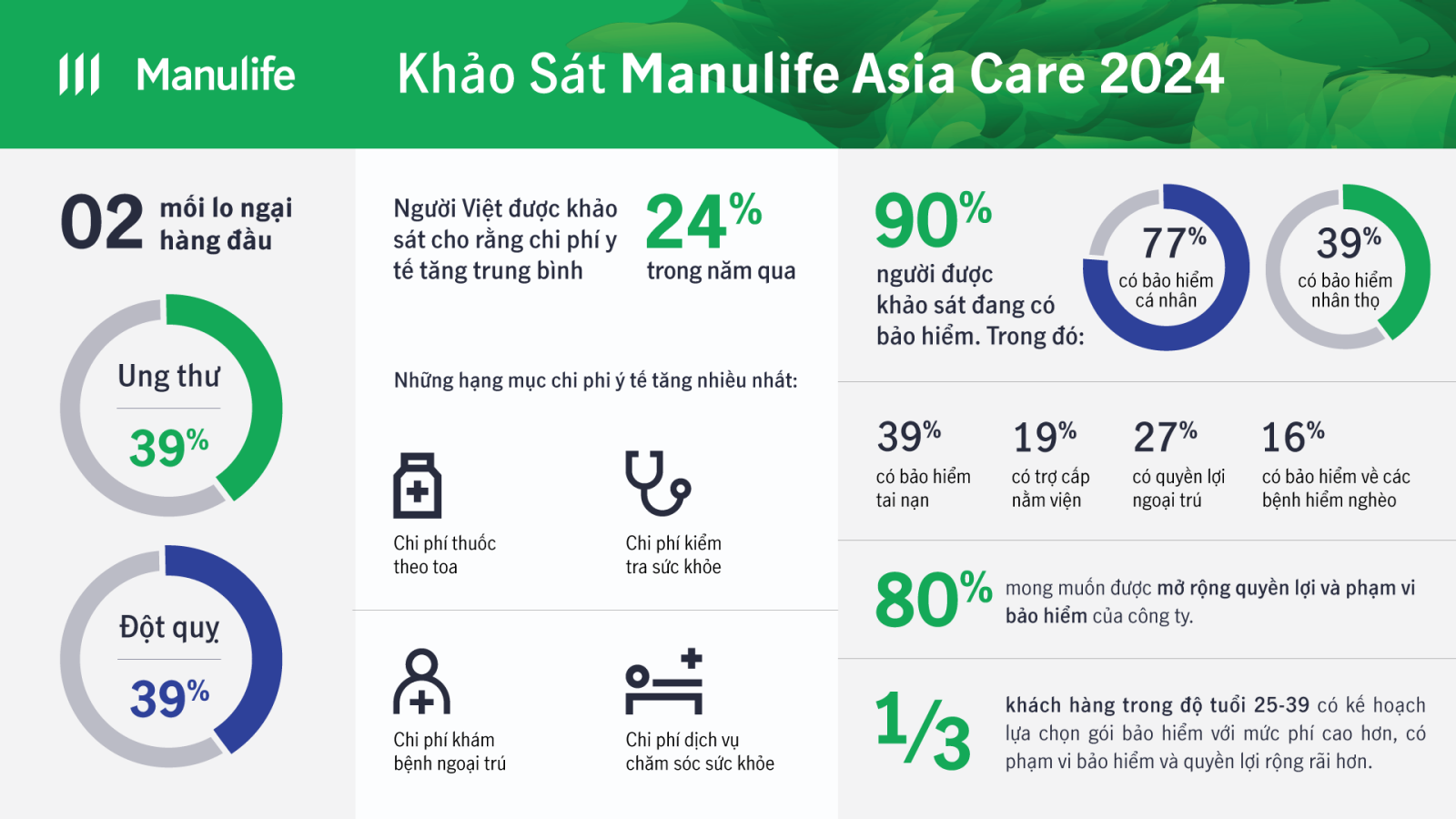
Cancer and stroke are considered two of the top concerns among health risks.
This level of concern among Vietnamese people is significantly higher than the regional average, at 34% for cancer and 31% for stroke, respectively. Other mental health factors such as sleep disorders and stress also affect the overall health of those surveyed. However, cancer is still considered the biggest risk to their physical and financial health. In Vietnam, stomach cancer is one of the five most common cancers today, along with liver, lung, breast and colorectal cancer. What is alarming is that the rate of people with this disease is increasing and tends to be younger. In addition to the causes of lifestyle, activities and diet, the most important disease-causing factor is the intestinal bacteria Helicobacter Pylori (commonly known as HP bacteria). However, most Vietnamese people are largely unaware or unconcerned about this agent. According to the Ministry of Health, up to 70% of Vietnamese people are infected with HP bacteria and more than 80% of stomach cancer cases are related to HP bacteria. According to the Vietnam Young Physicians Association, Vietnam is in the top 10 countries with the highest mortality rate from stomach cancer in the world. Notably, the rate of people under 40 with stomach cancer accounts for more than 20% of total cases and is on the rise. Treatment methods for stomach cancer in particular and cancer in general are increasingly developed and more accessible, but the cost of treatment is high. Ms. Tina Nguyen, General Director of Manulife Vietnam emphasized: "Not only is it a health risk, cancer can become a major financial risk if people do not have an early prevention plan. To join the community in taking action for health, Manulife will soon launch the 'Clean - Smart - Green Living' campaign to raise people's awareness of building a healthy lifestyle, preventing stomach cancer and digestive health problems. In addition, Manulife also organizes a general health check-up and free HP screening program for people in Hanoi and Ho Chi Minh City." Efforts to minimize health risks Among the Vietnamese surveyed, 72% said that rising medical costs were a major financial challenge for them. The categories of medical expenses that were said to have increased the most included prescription drug costs; medical check-ups and prevention costs; outpatient medical examination costs and health care service costs. Those surveyed also said that medical costs had increased by an average of 24% over the past 12 months. Asia Care 2024 survey conducted by Manulife with more than 8,400 people in Asia
Vietnamese people rated their financial situation in the next 10 years at 88/100 points. However, this score dropped to 76 points when respondents were asked about their confidence in achieving their desired level of financial ability, indicating that there is uncertainty about the future. Those surveyed in Vietnam also said they are trying to exercise more and improve their diet to reduce health risks. In addition, nearly 90% of respondents confirmed that they are participating in one of the types of insurance such as personal insurance, vehicle insurance, or home insurance. Specifically, 77% of respondents said they are participating in personal insurance packages, of which 39% have life insurance. However, the level of protection for health issues in general is still low, especially critical illness insurance. Of these, 33% reported having accident insurance, 19% had hospitalisation benefits, 27% had outpatient benefits and only 16% had critical illness insurance. This trend is likely to improve in the future, with nearly a third of customers aged 25-39 saying they intend to choose an insurance plan with higher premiums, more coverage and benefits. Across all markets surveyed in Asia, 7 in 10 respondents said they felt the benefits of their employer-sponsored health insurance were inadequate. In Vietnam, 80% wanted improvements in benefits and coverage to better support their health and financial plans. Ms. Tina Nguyen added: "The survey clearly shows the financial concerns of Vietnamese people, including the lack of savings to prepare for risks, unexpected medical expenses and a decrease in income in the next 10 years. Understanding this, Manulife Vietnam is constantly innovating to launch many product packages suitable for different protection needs and financial capabilities. Most recently, Manulife Vietnam has launched the term insurance product 'An Tam Vui Song 2.0' with accumulation features and a refund commitment. In the near future, we will launch new health insurance products to meet customers' diverse protection needs for health issues."
Source: https://www.manulife.com.vn/vi/ve-chung-toi/tin-tuc-va-su-kien/thong-cao-bao-chi/ket-qua-khao-sat-Manulife-Asia-Care-2024.html




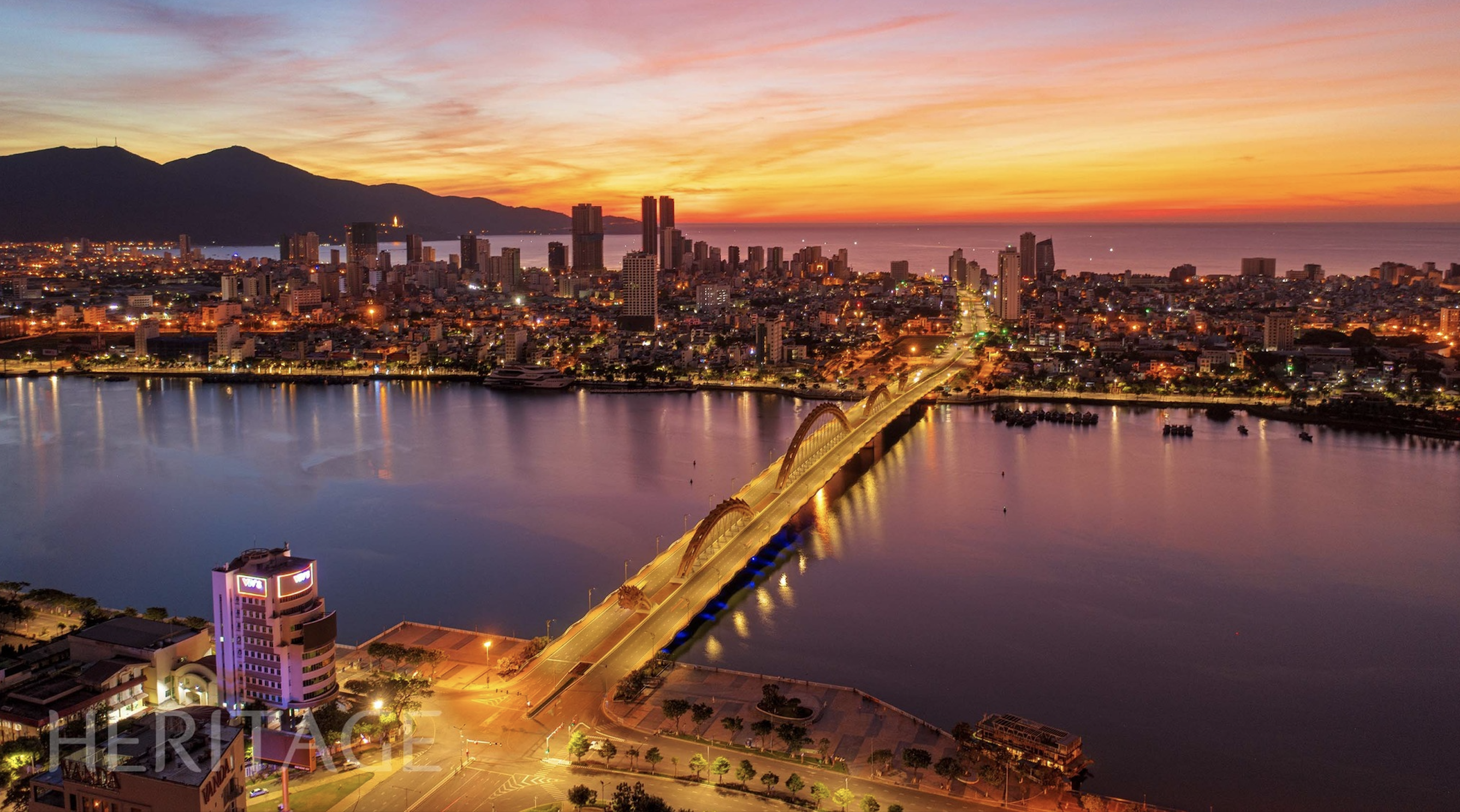
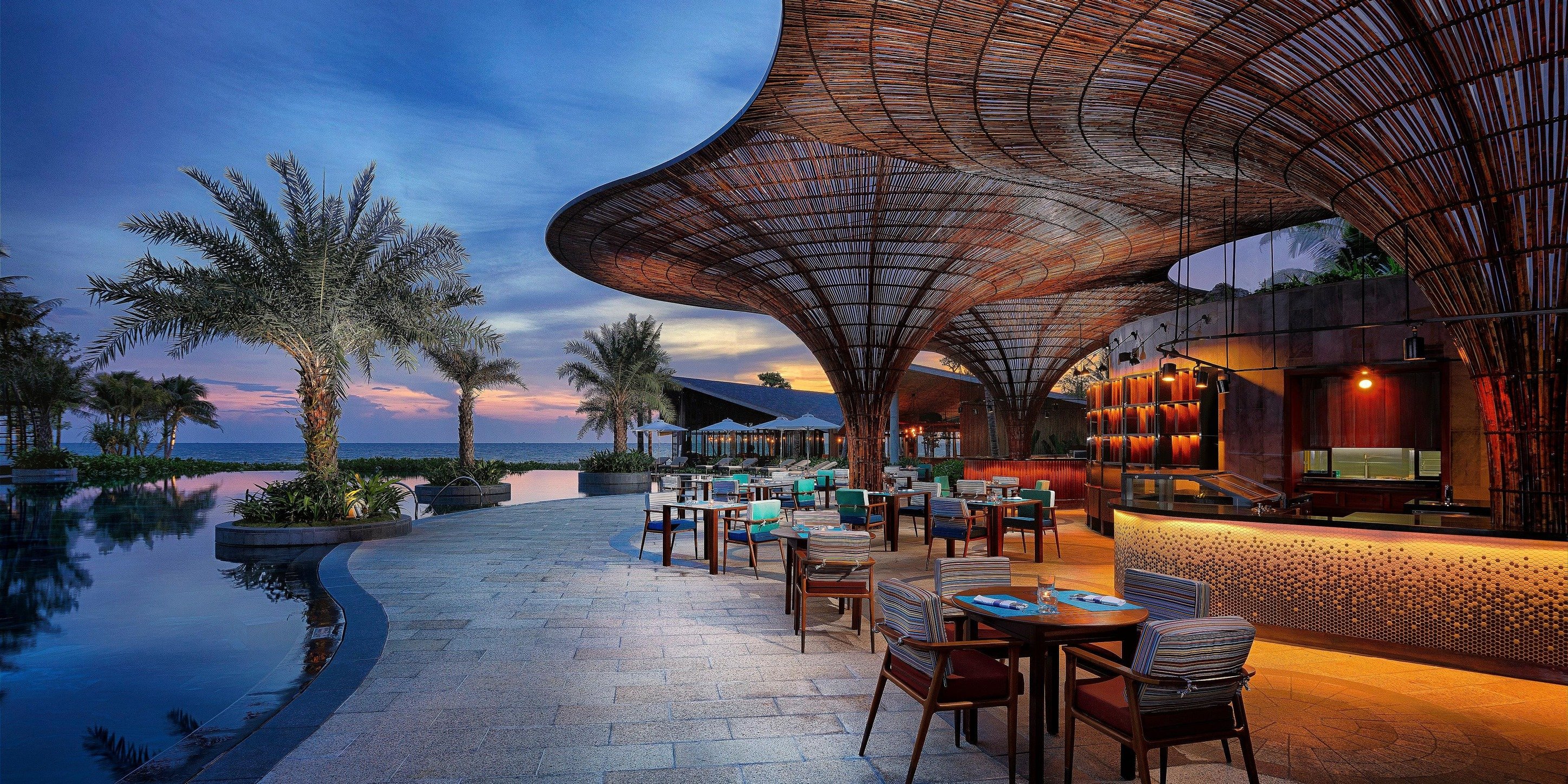
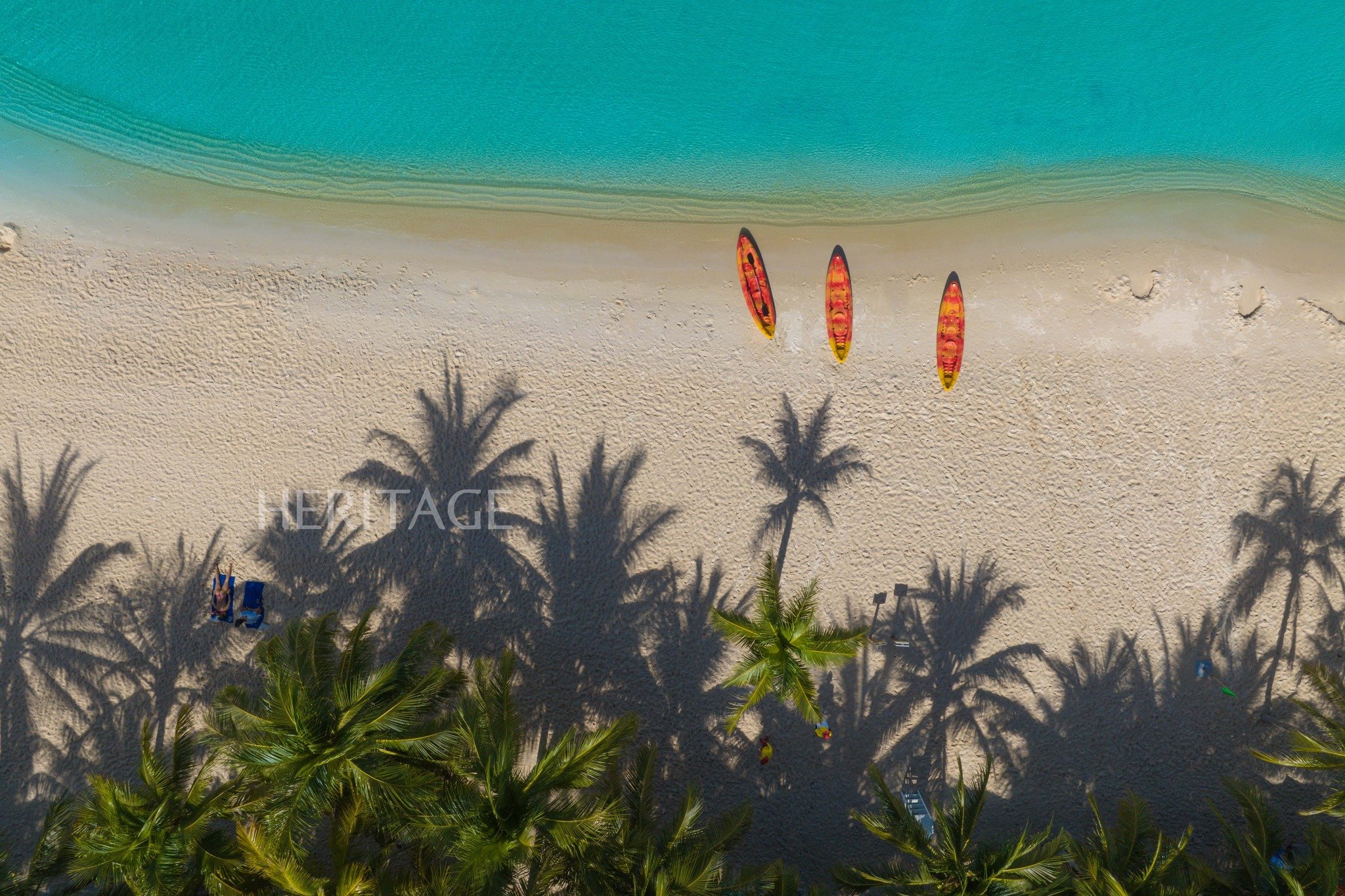

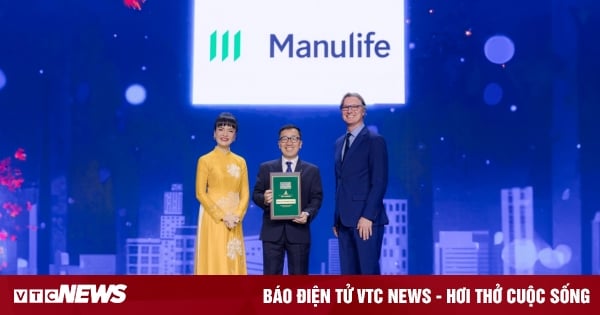

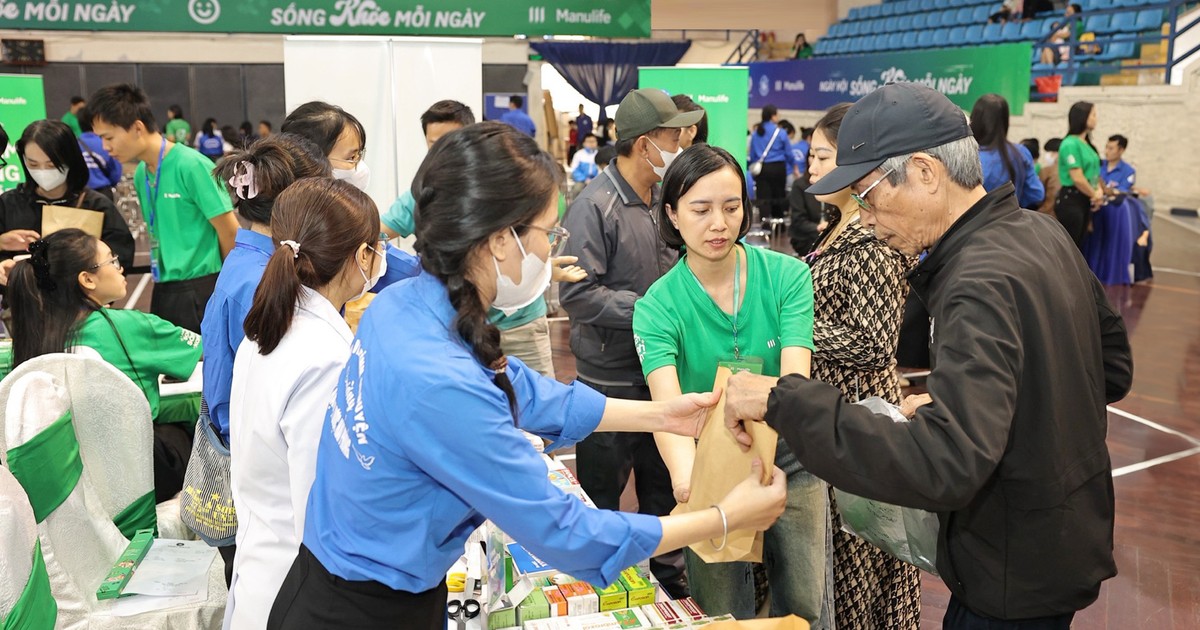

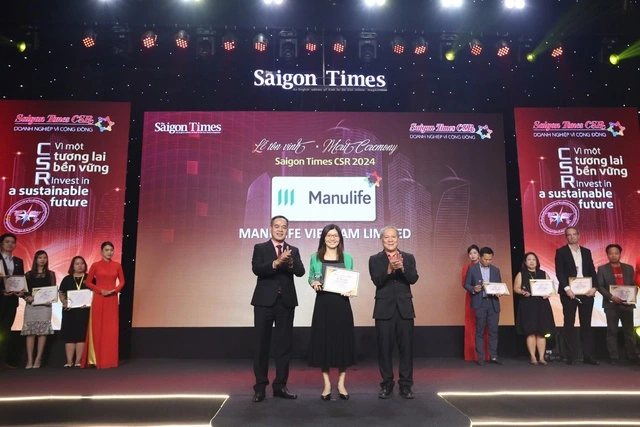

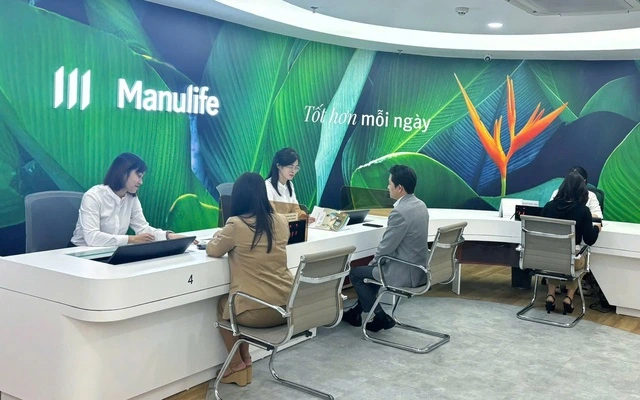

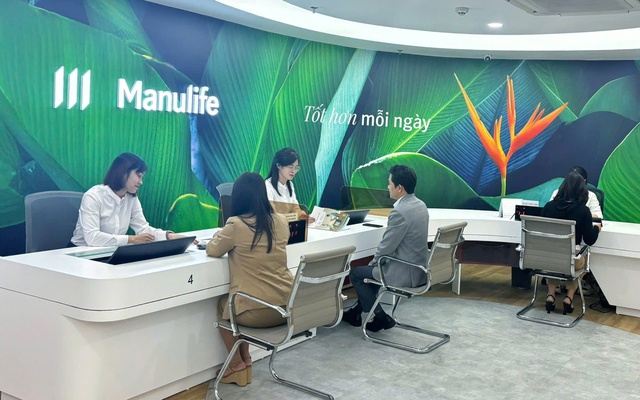
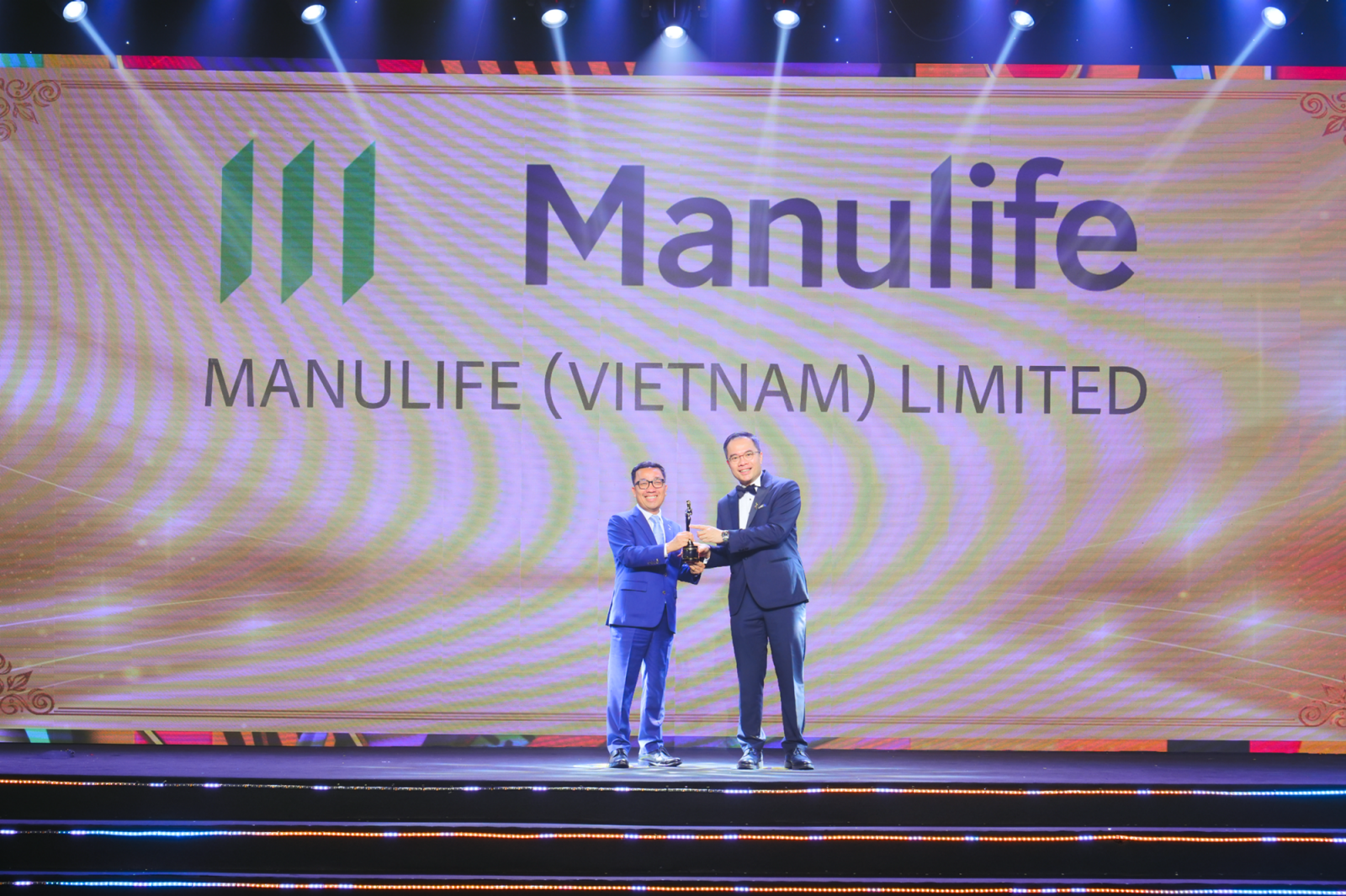


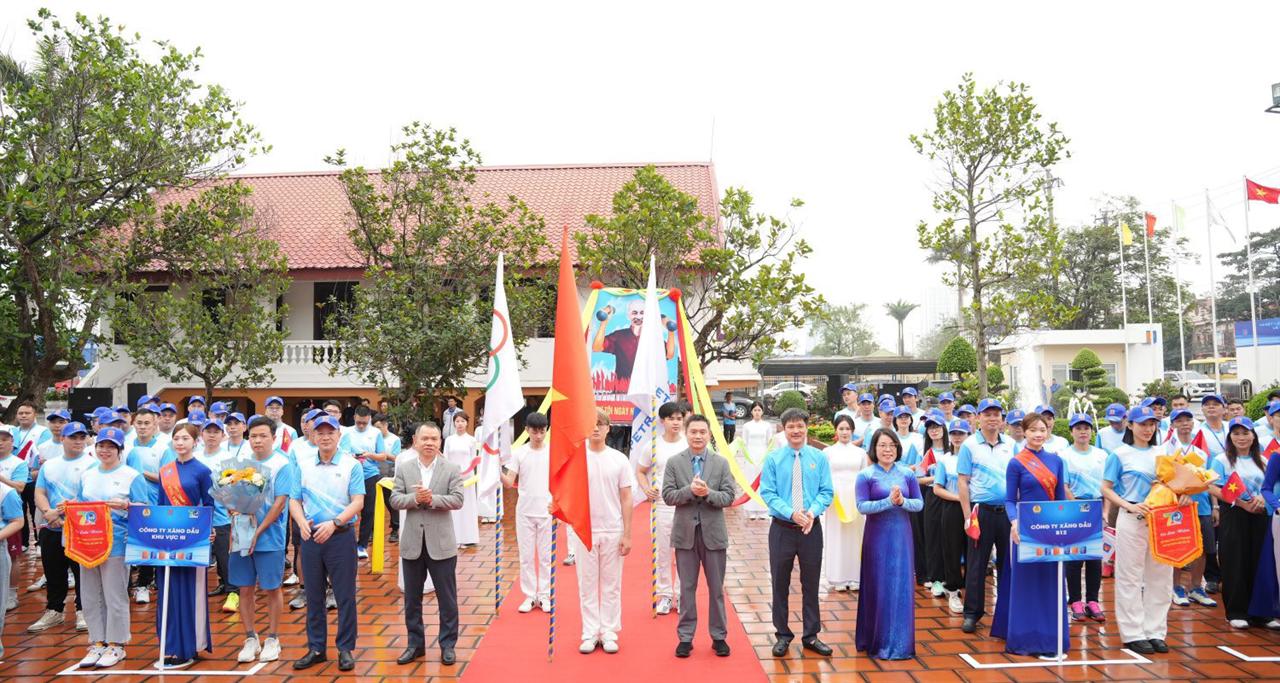
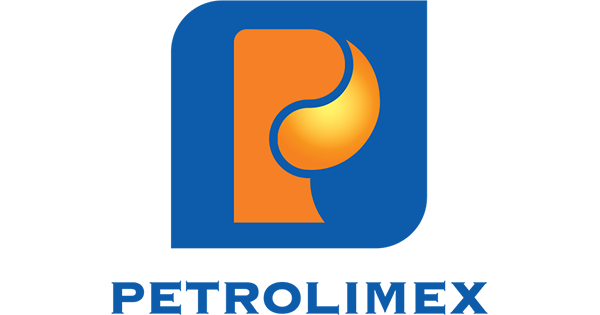
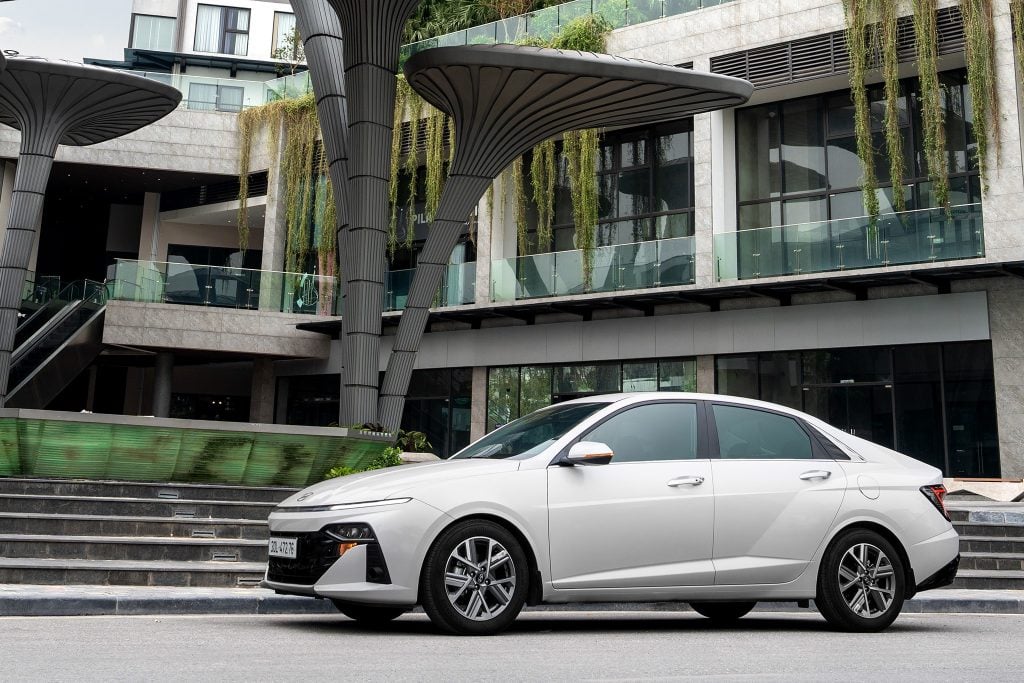
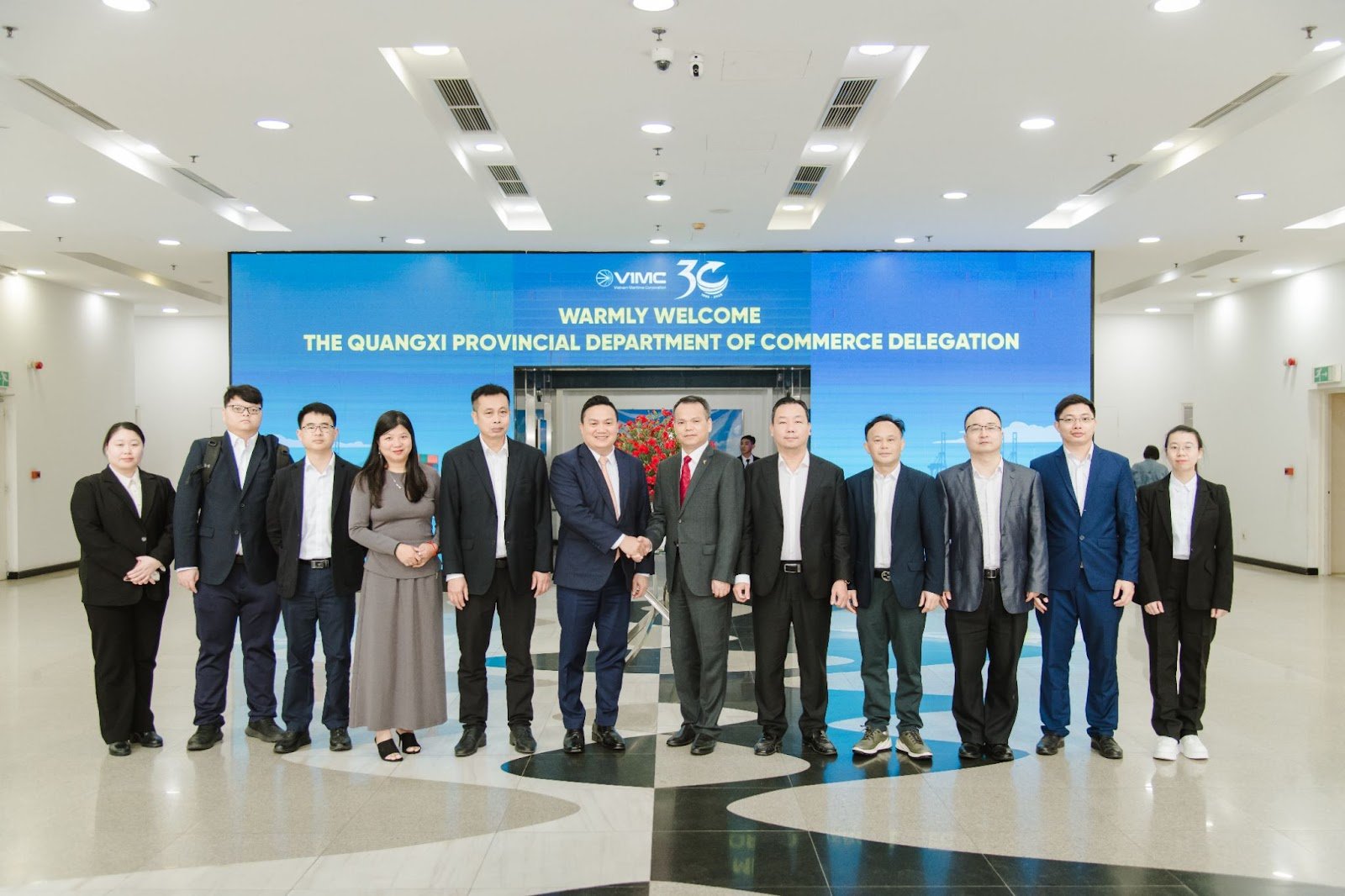
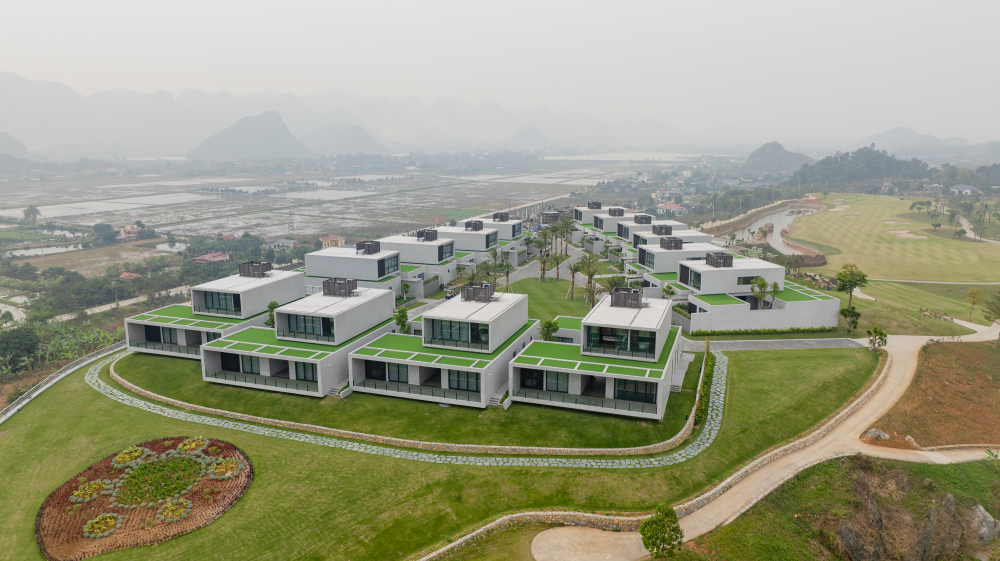
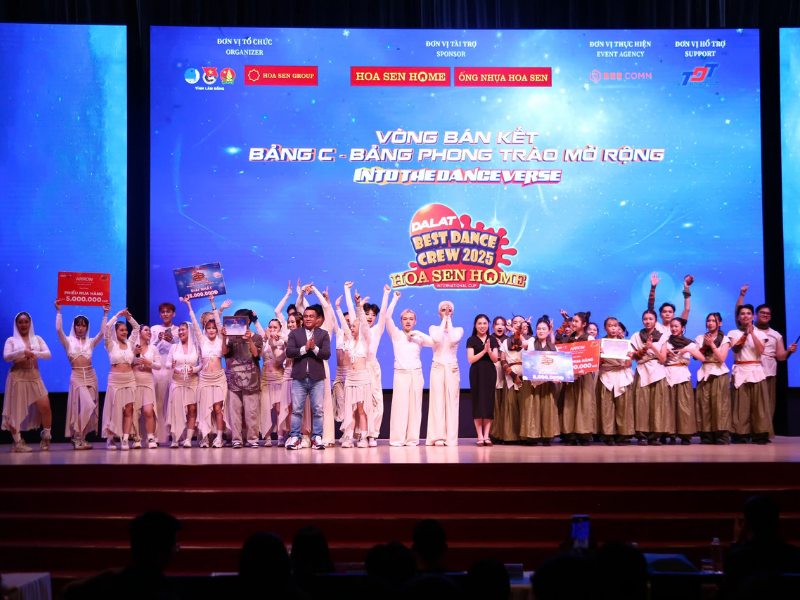
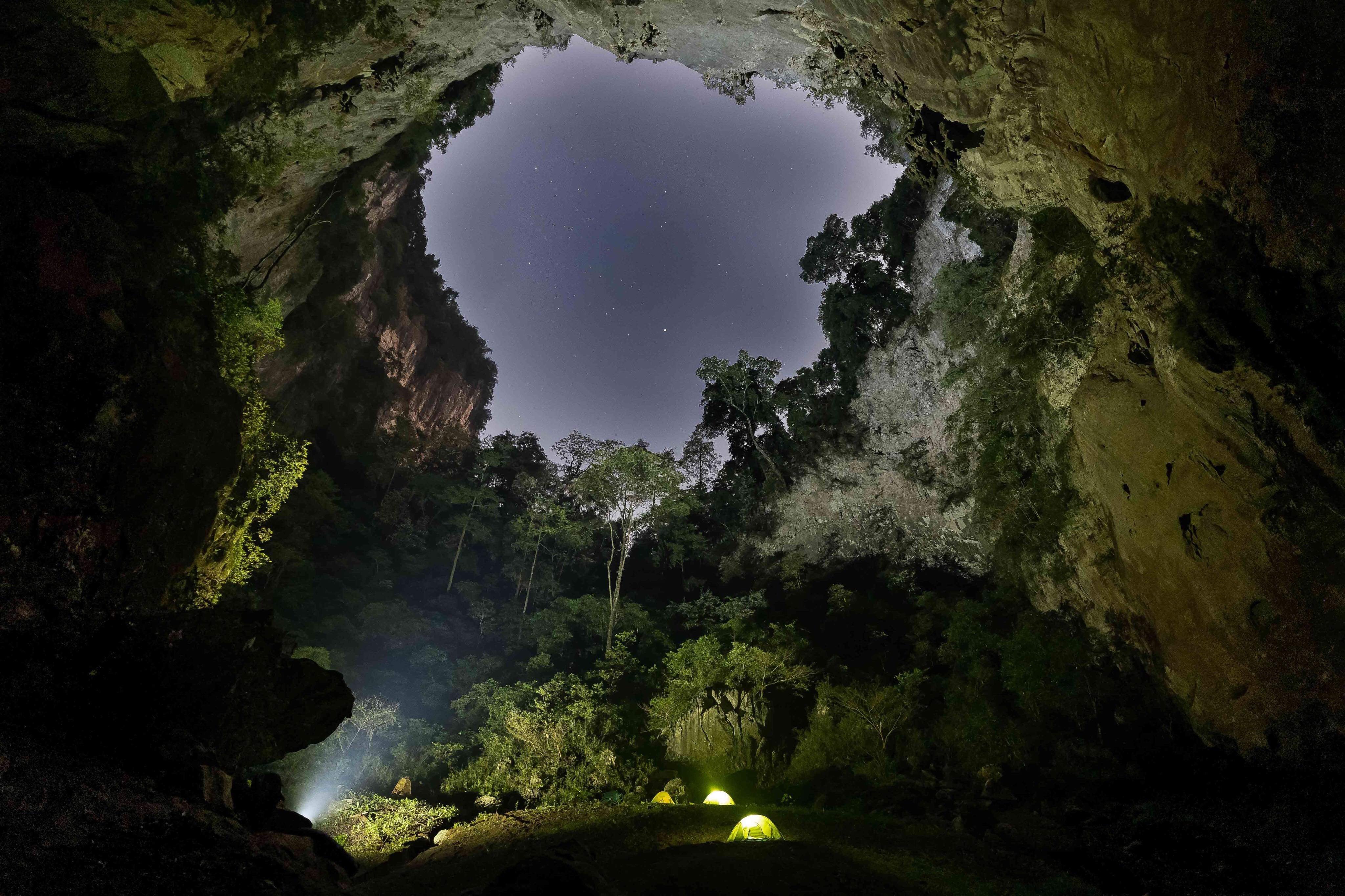
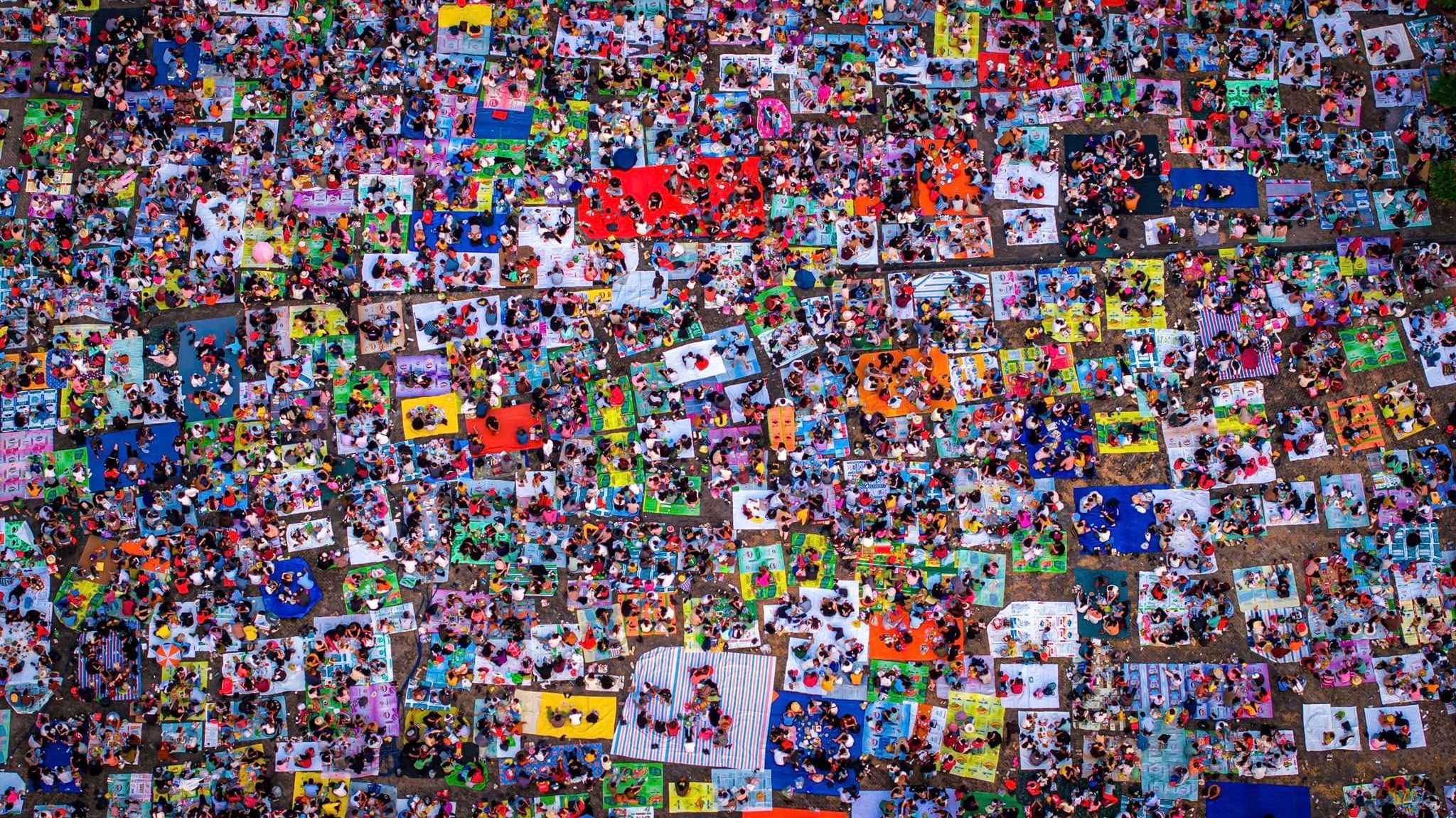
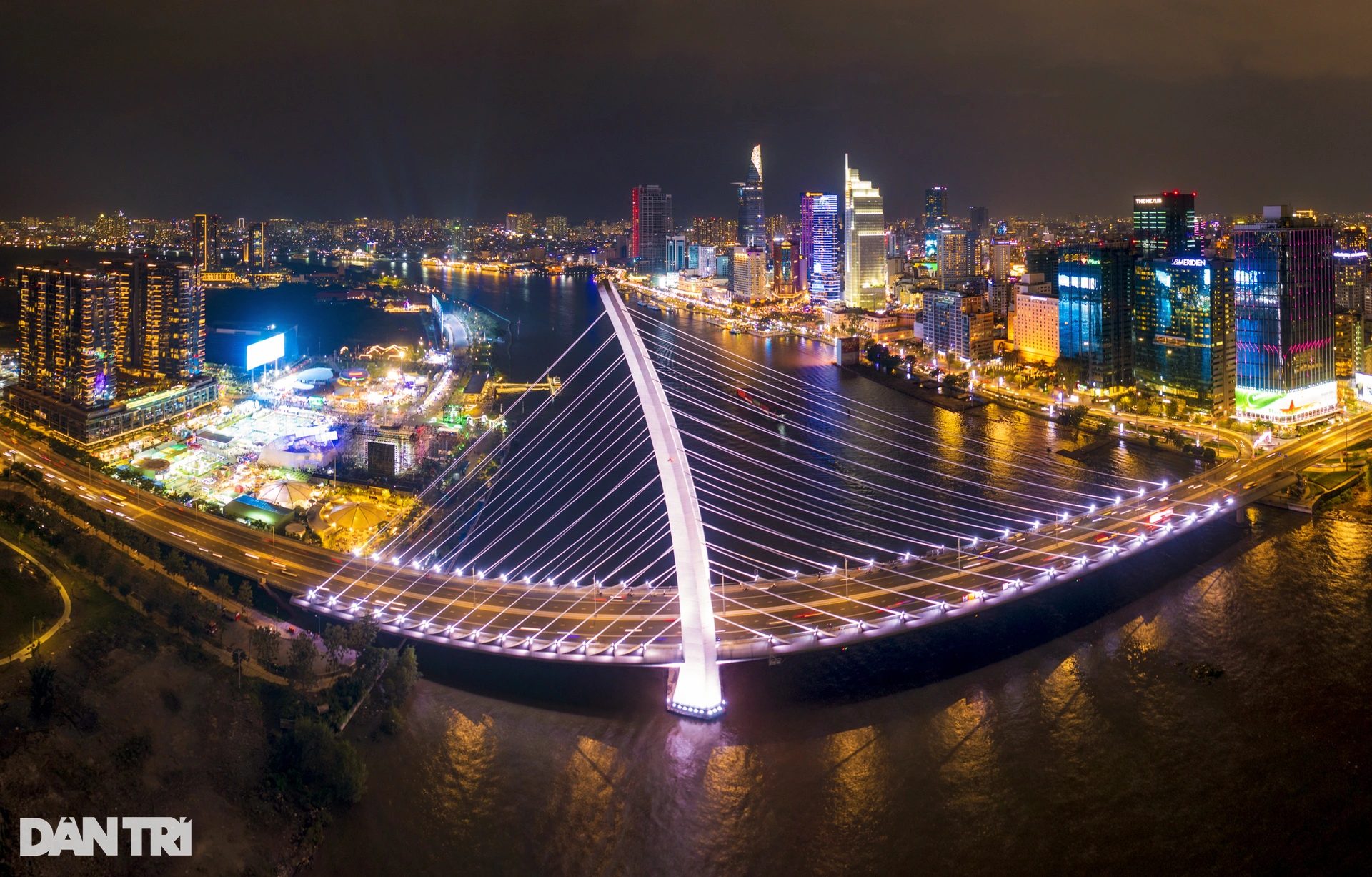
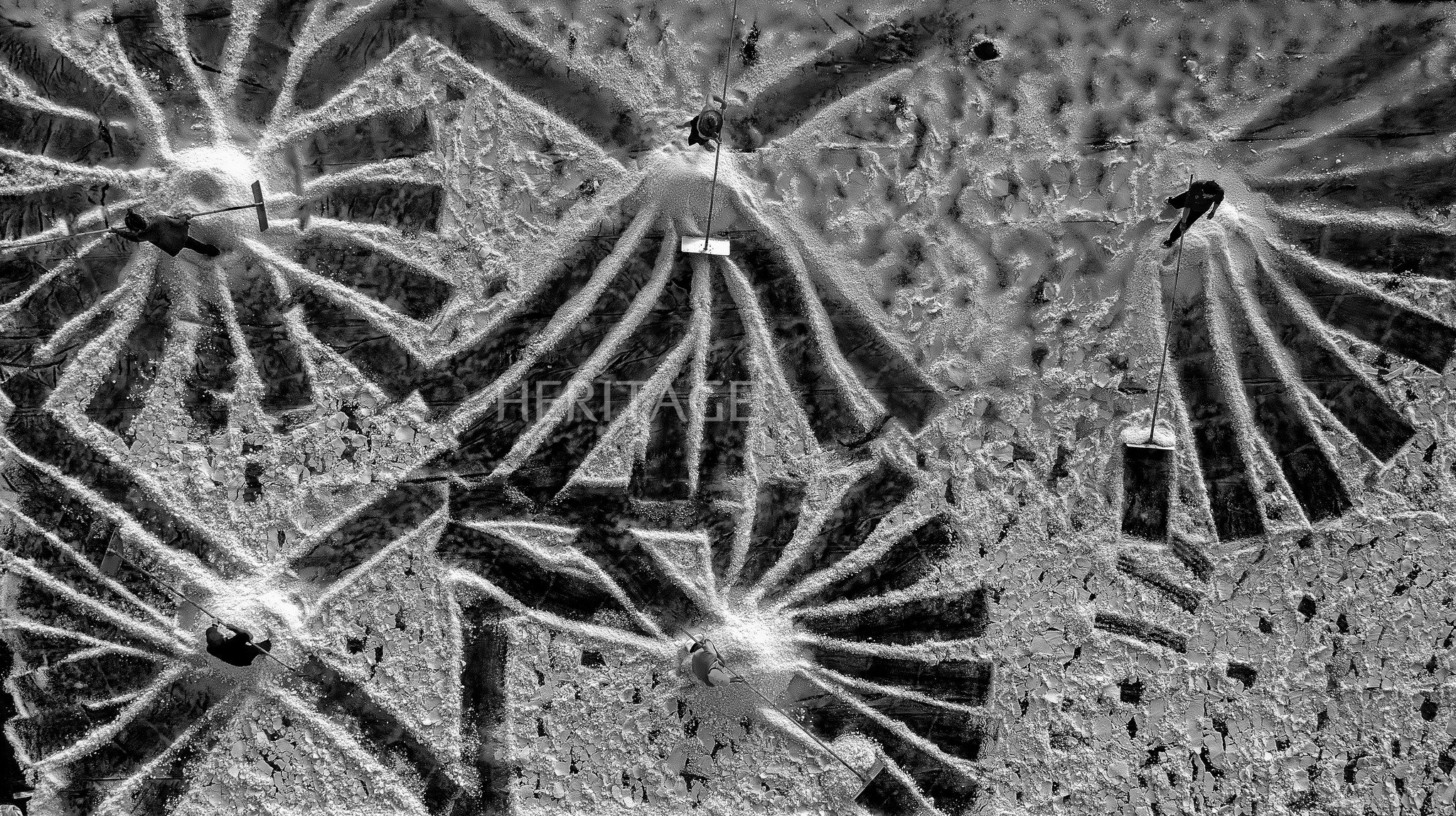
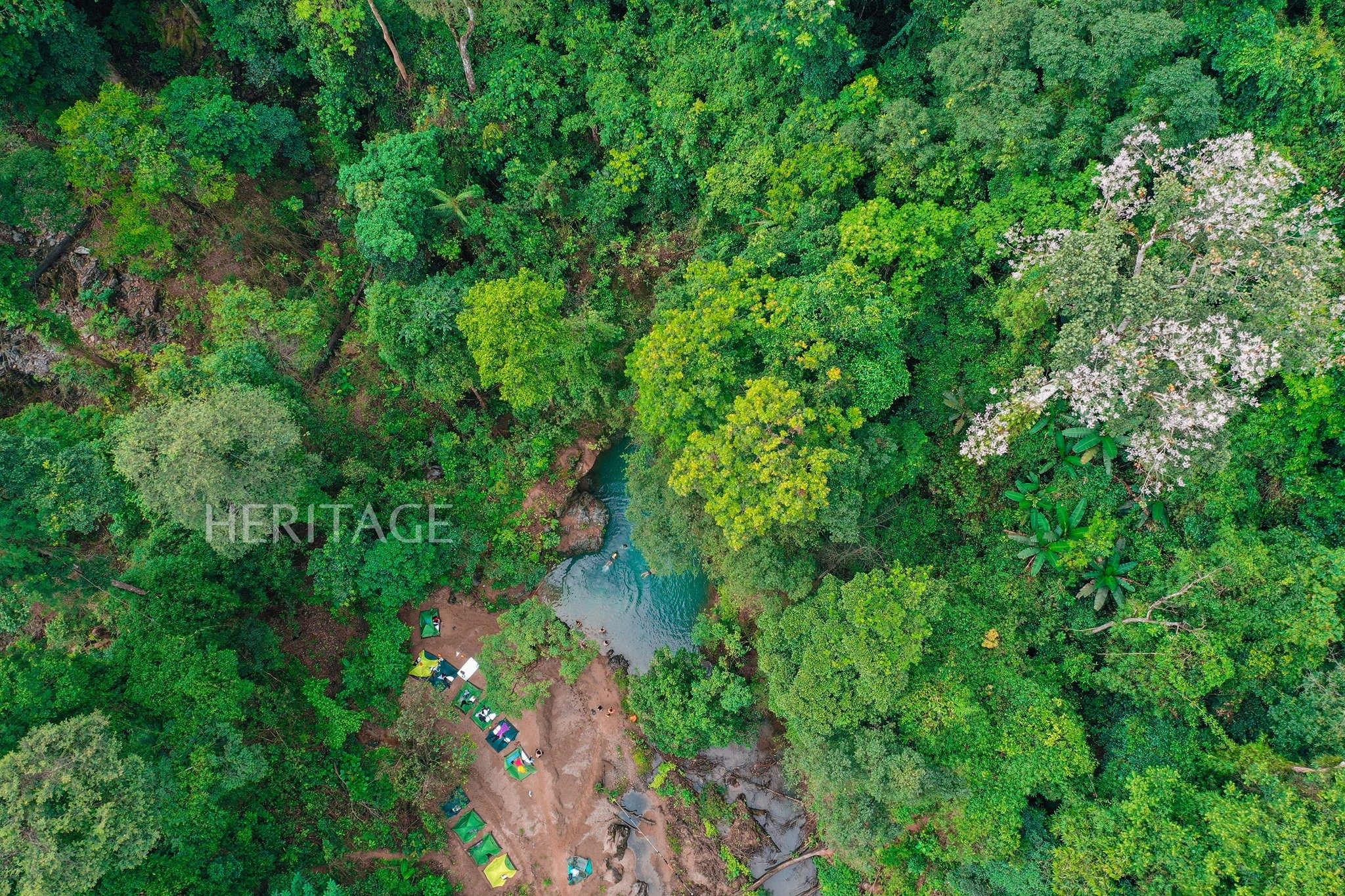
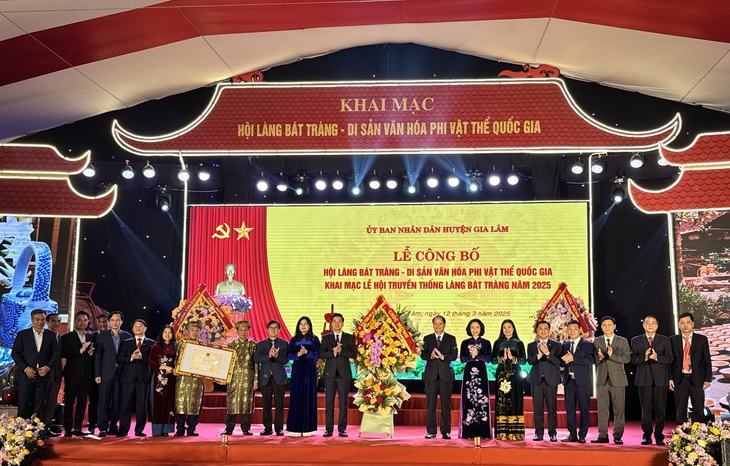



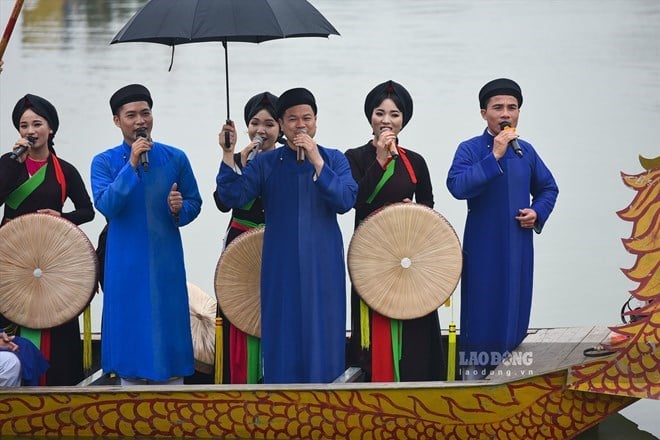
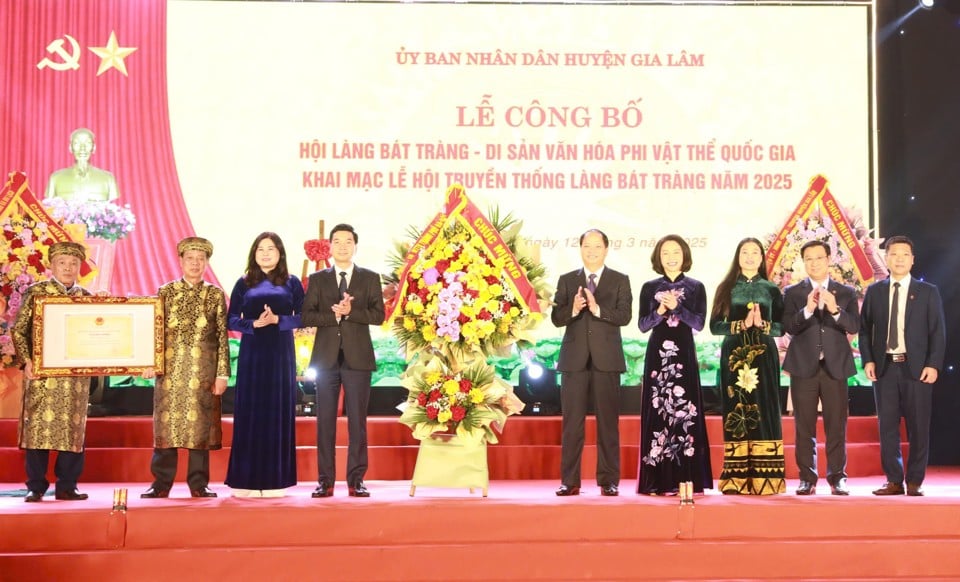

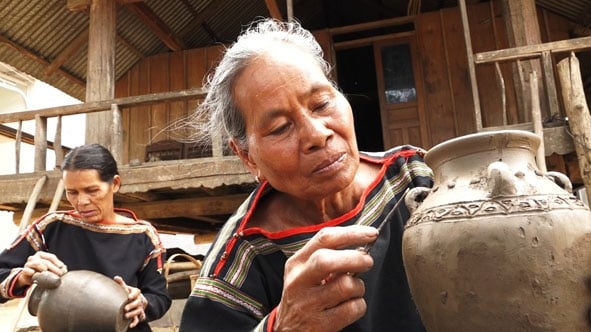

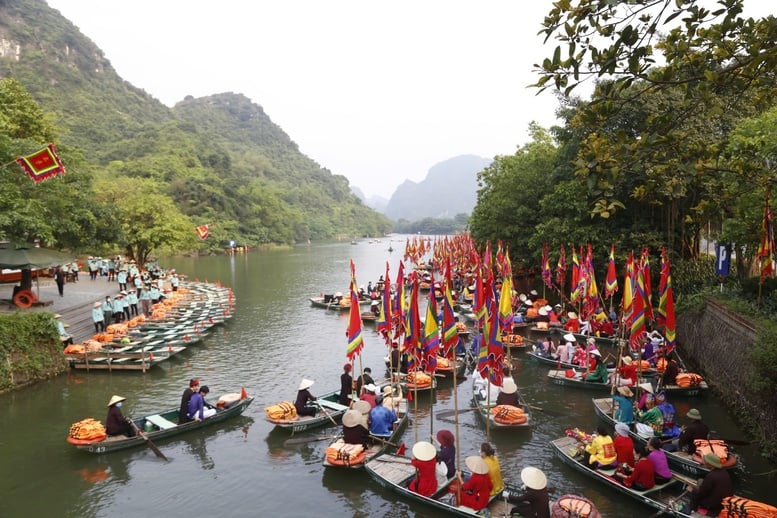

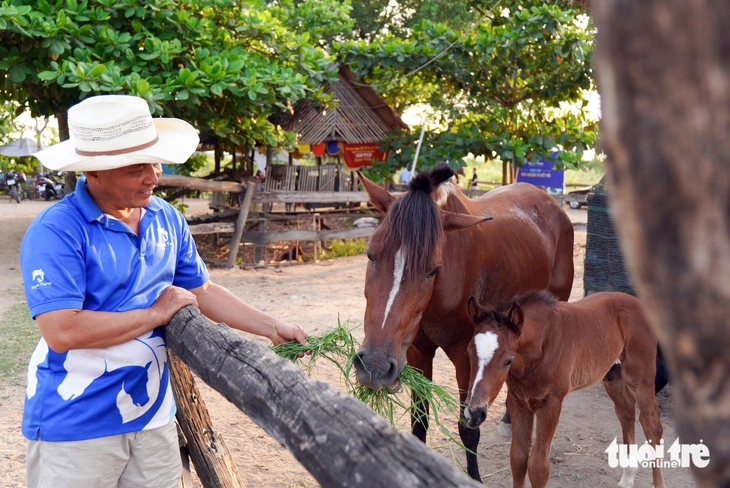
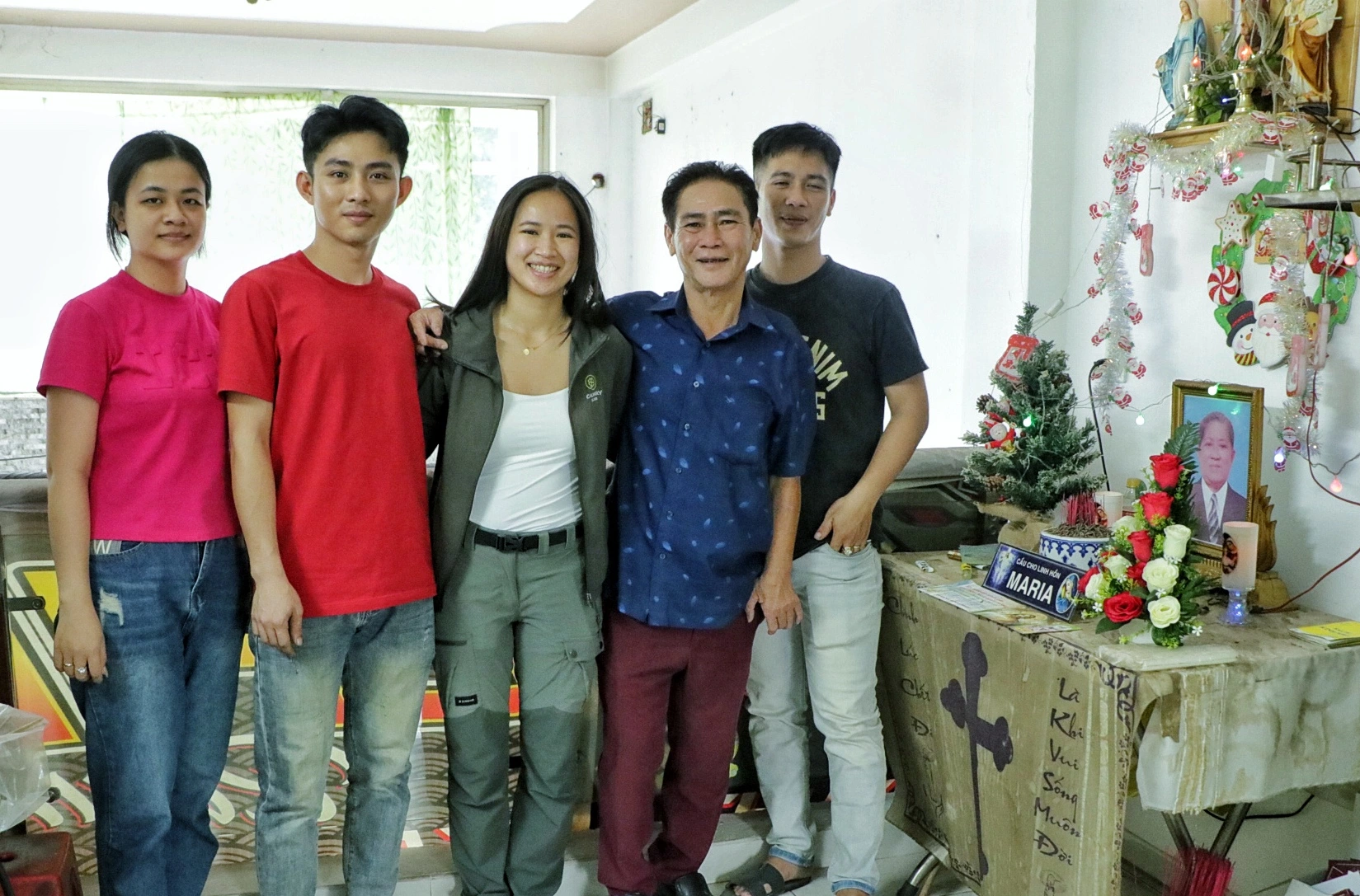
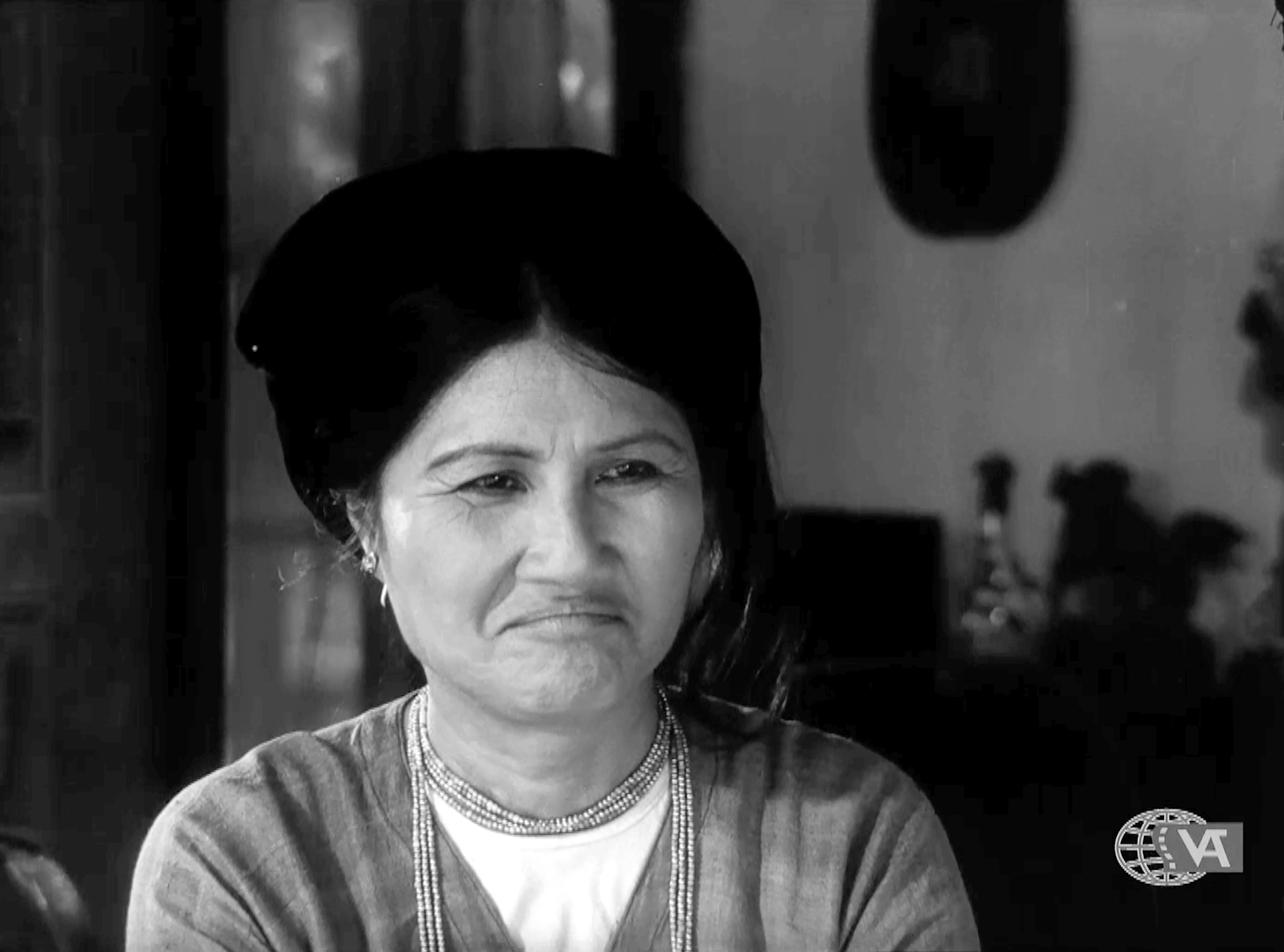


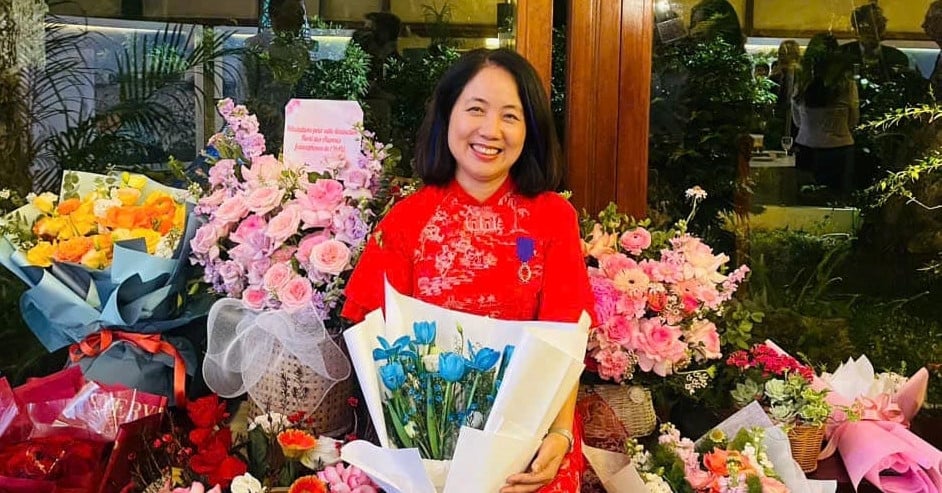








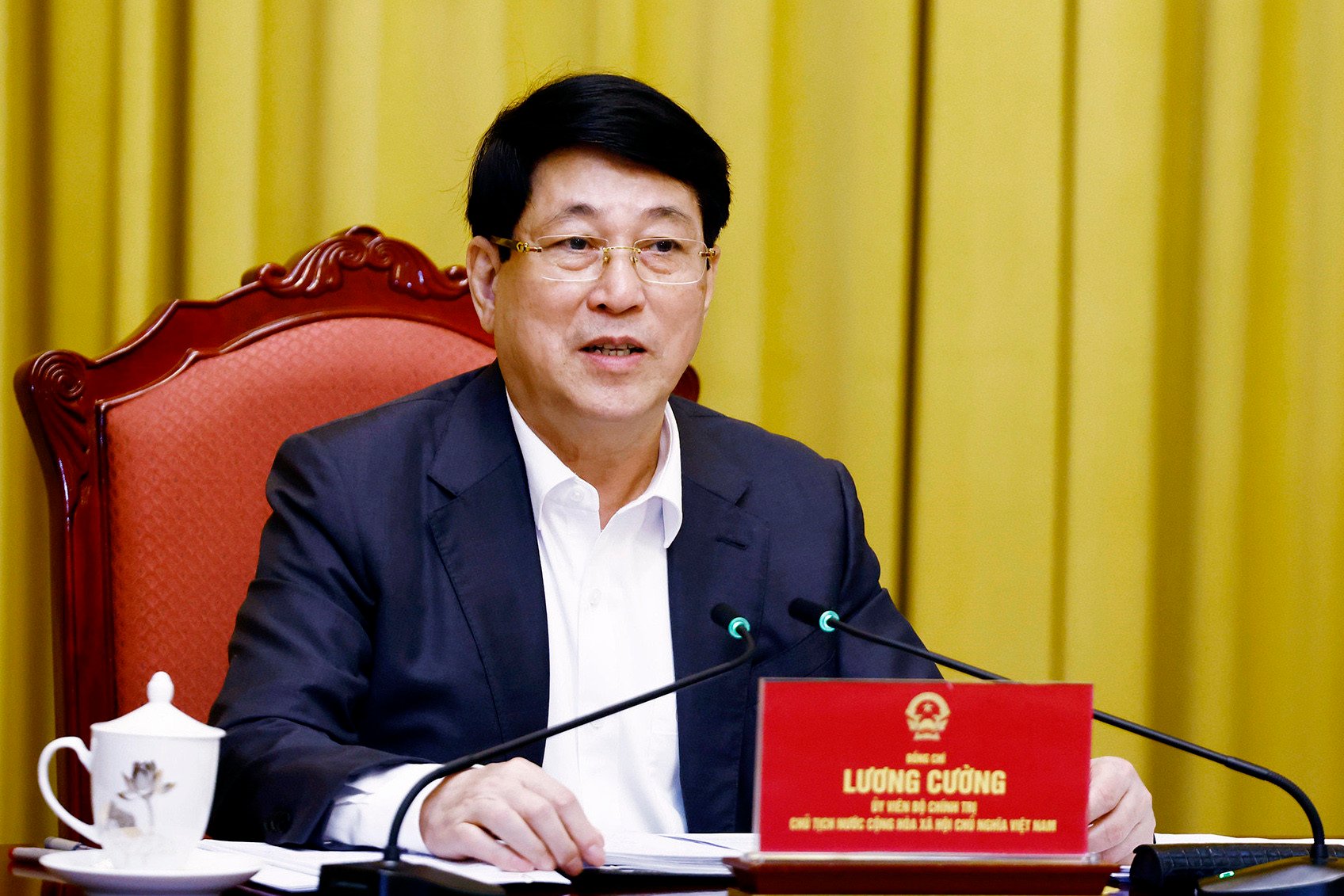
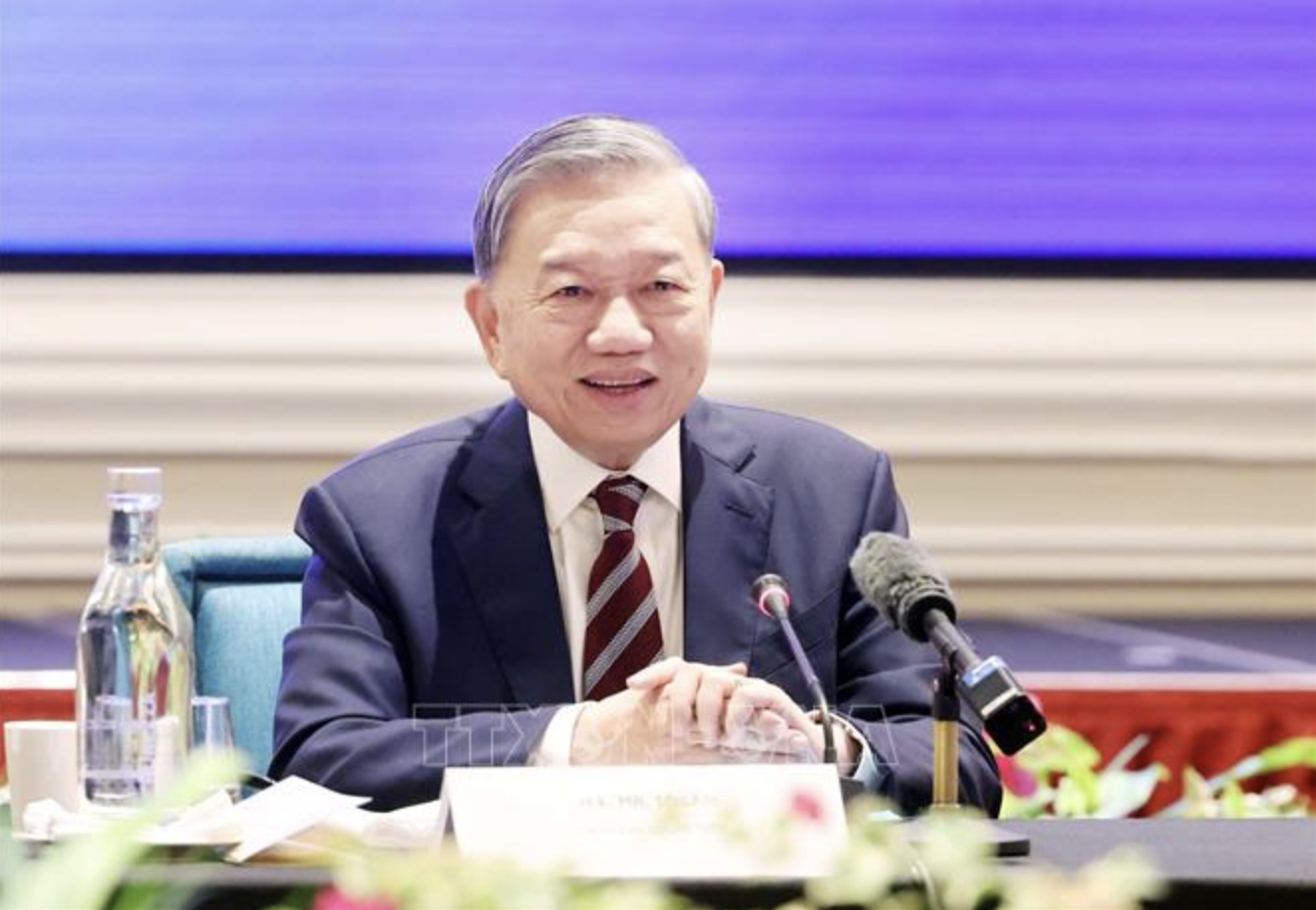
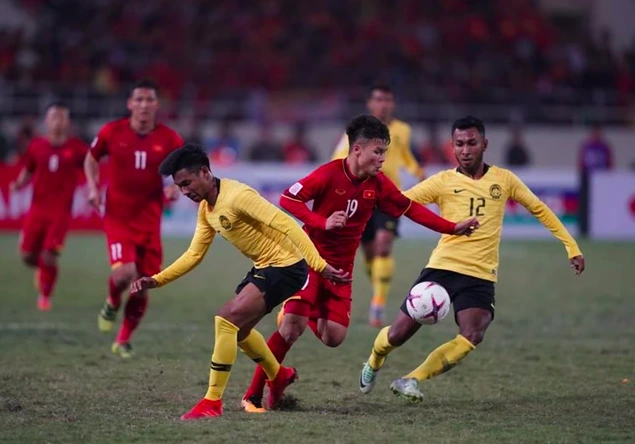
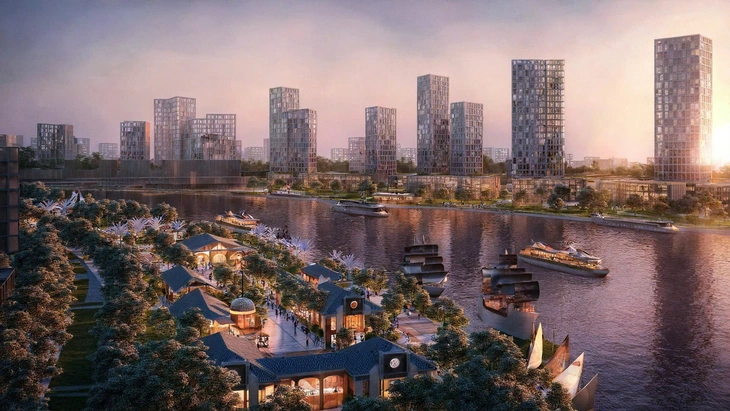
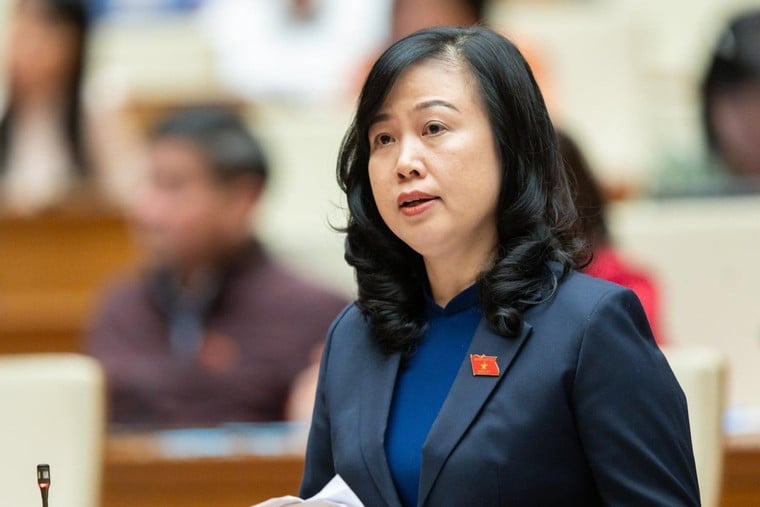
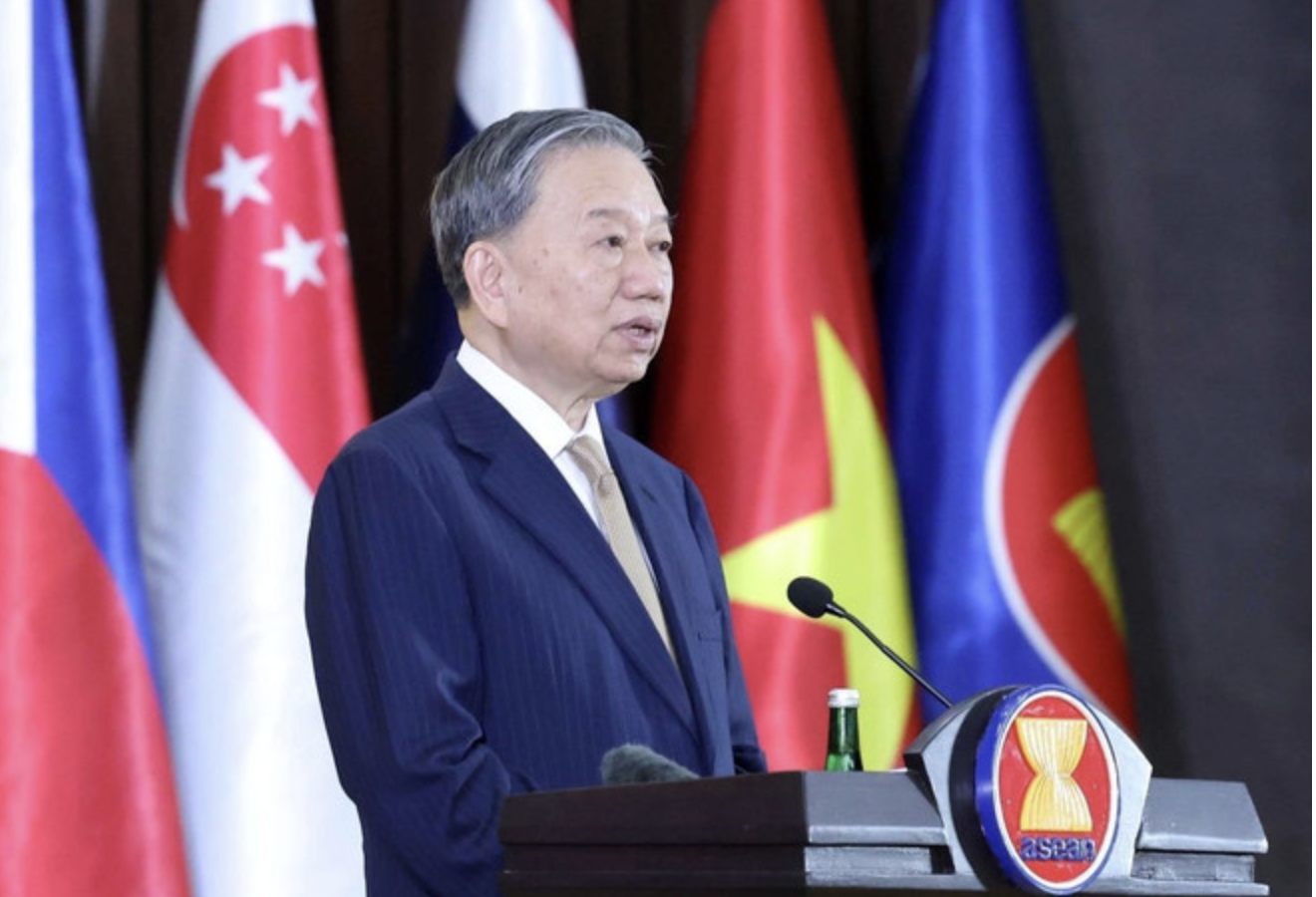

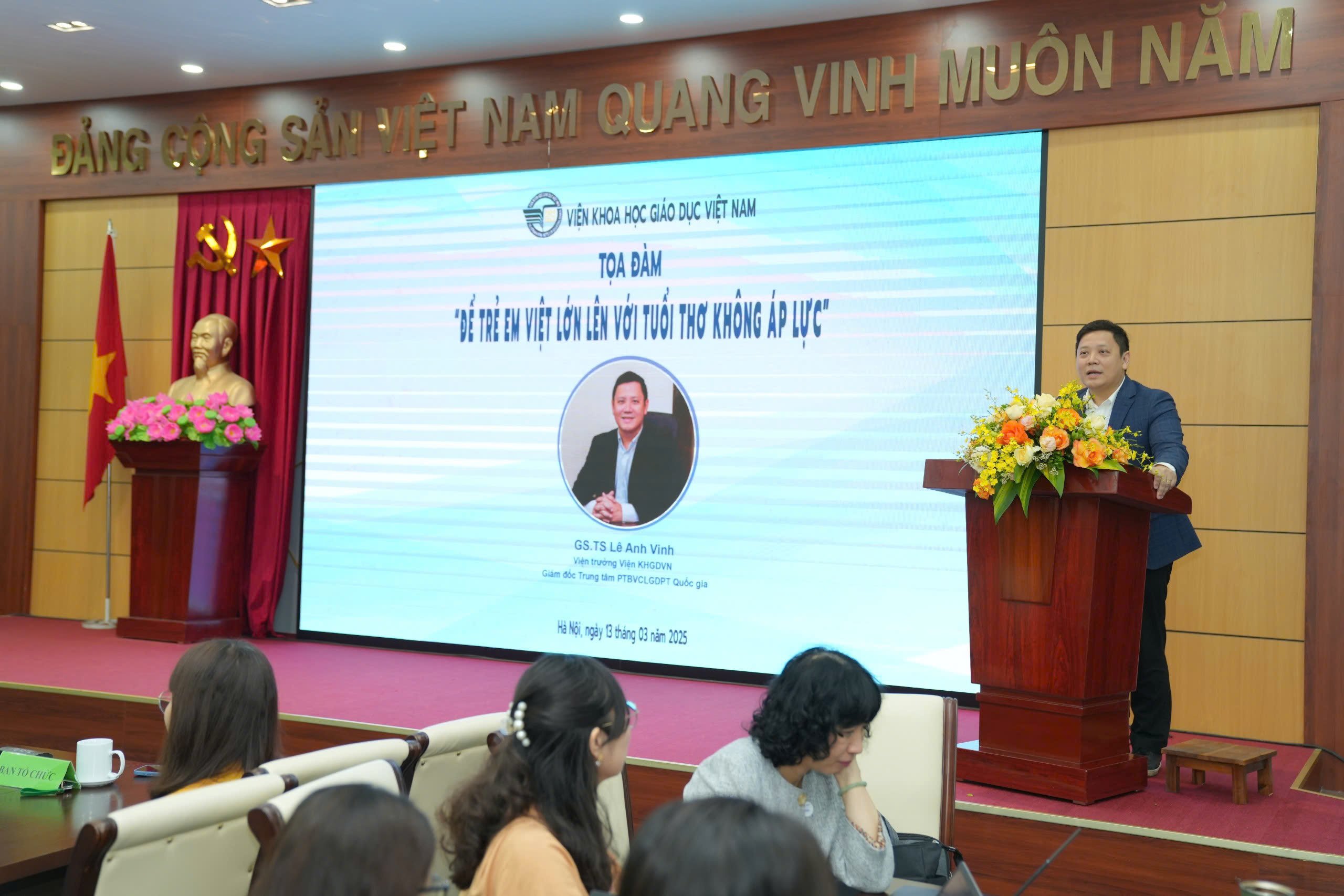

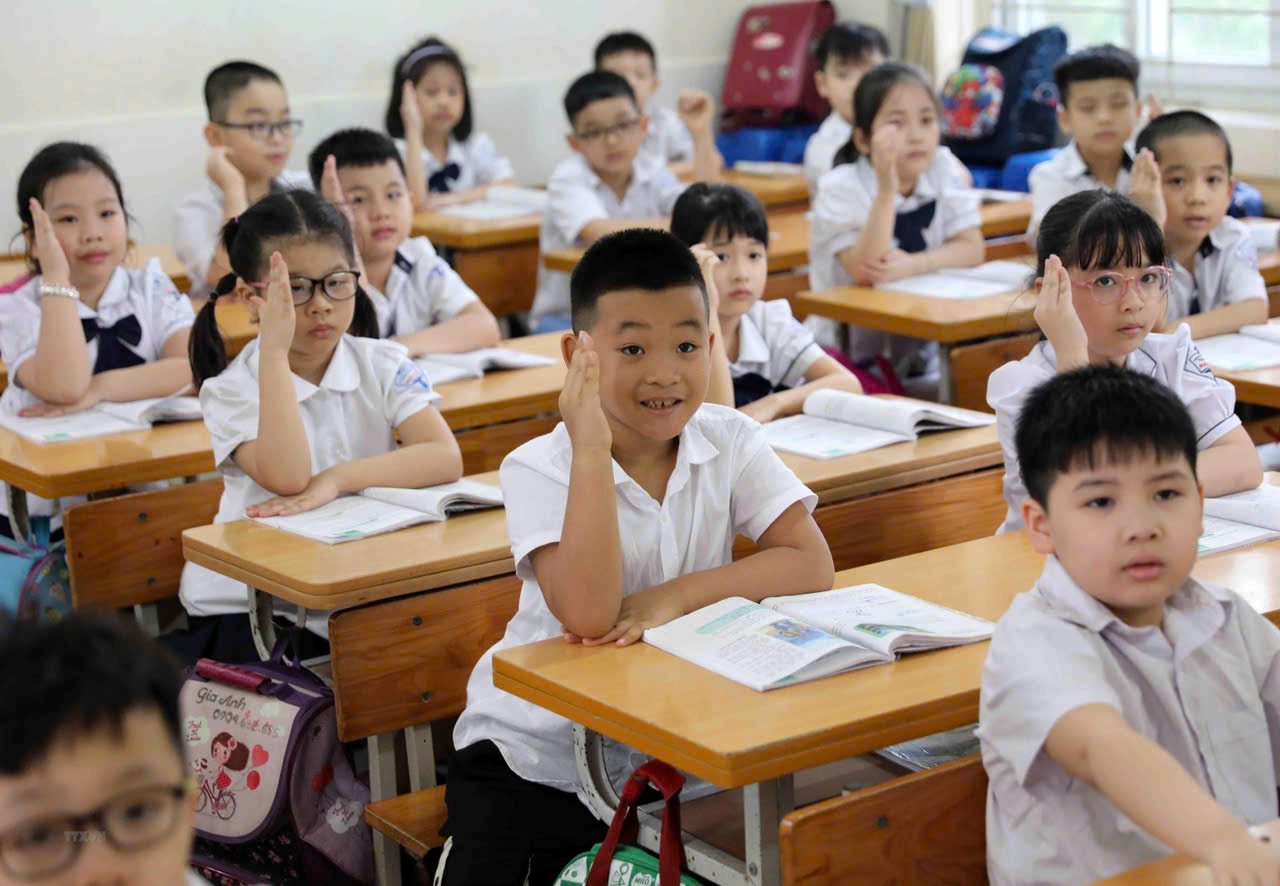
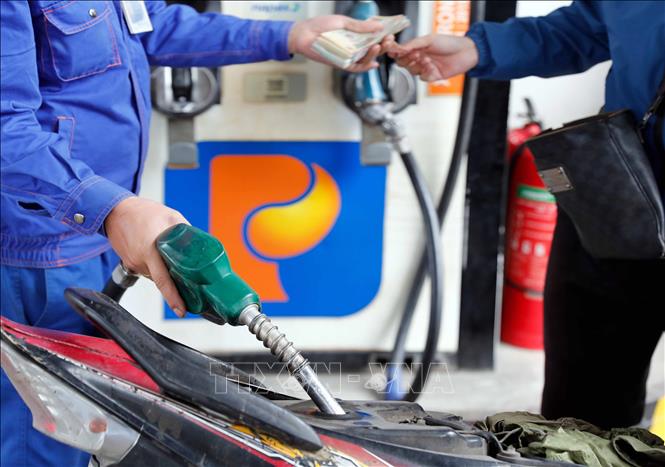

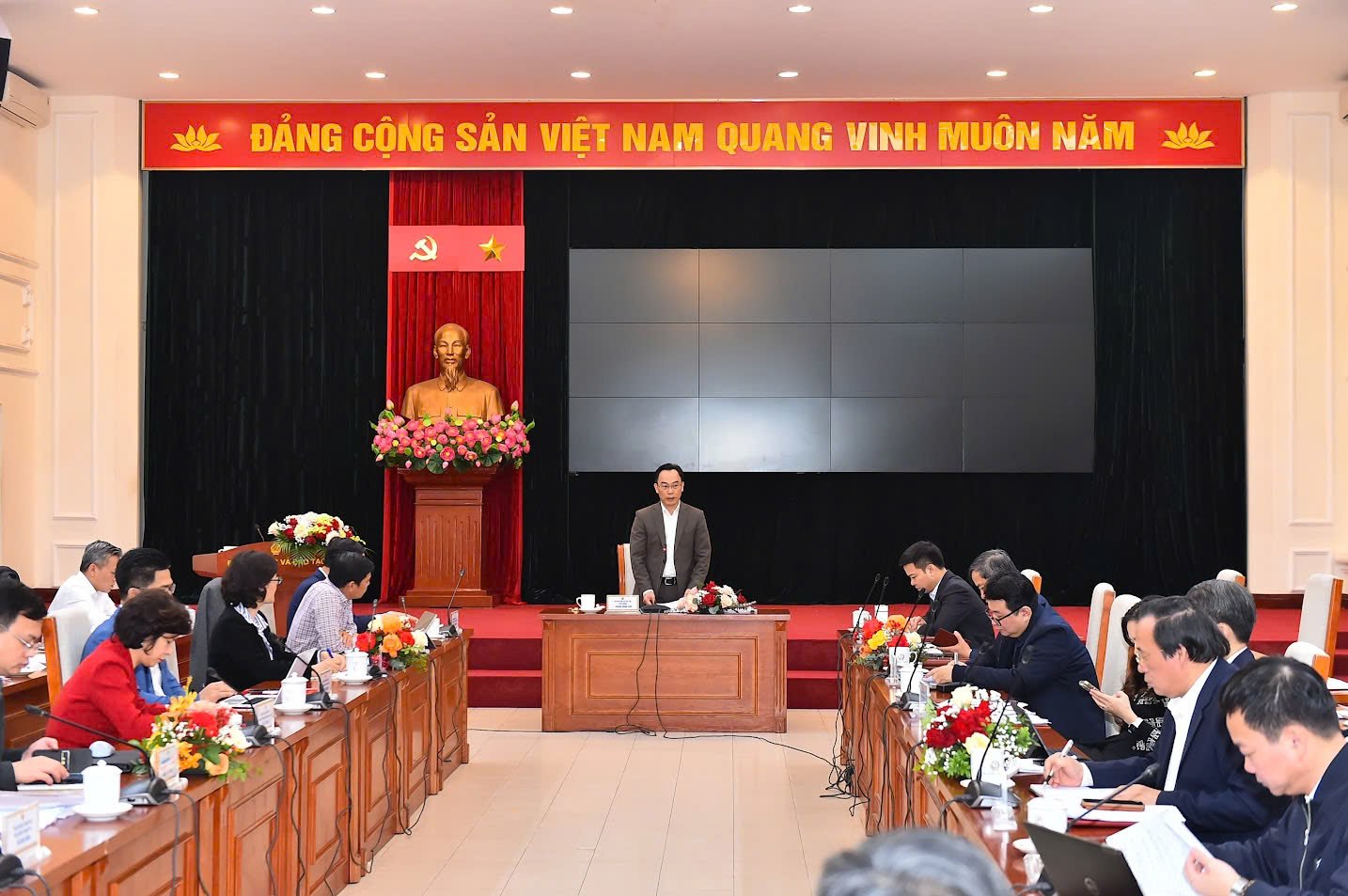
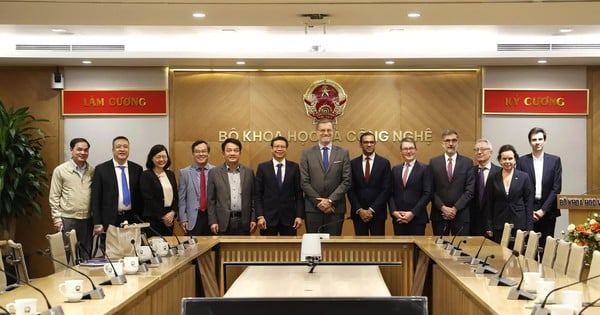

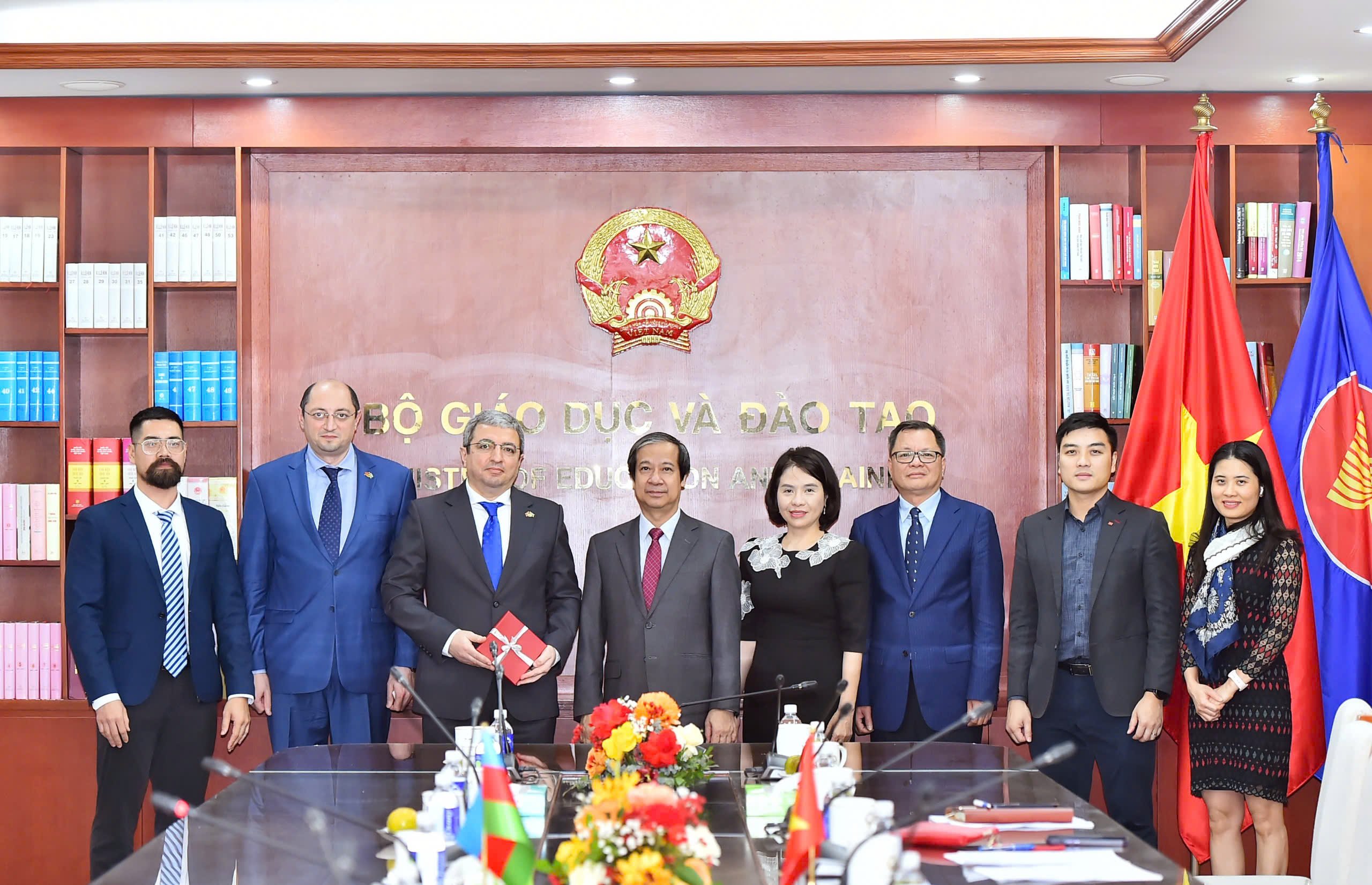






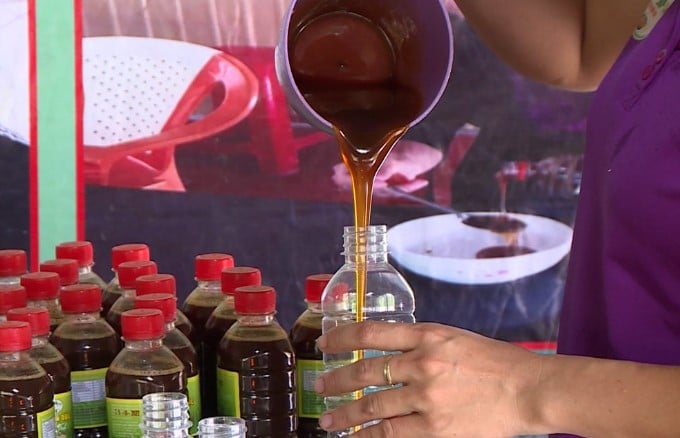
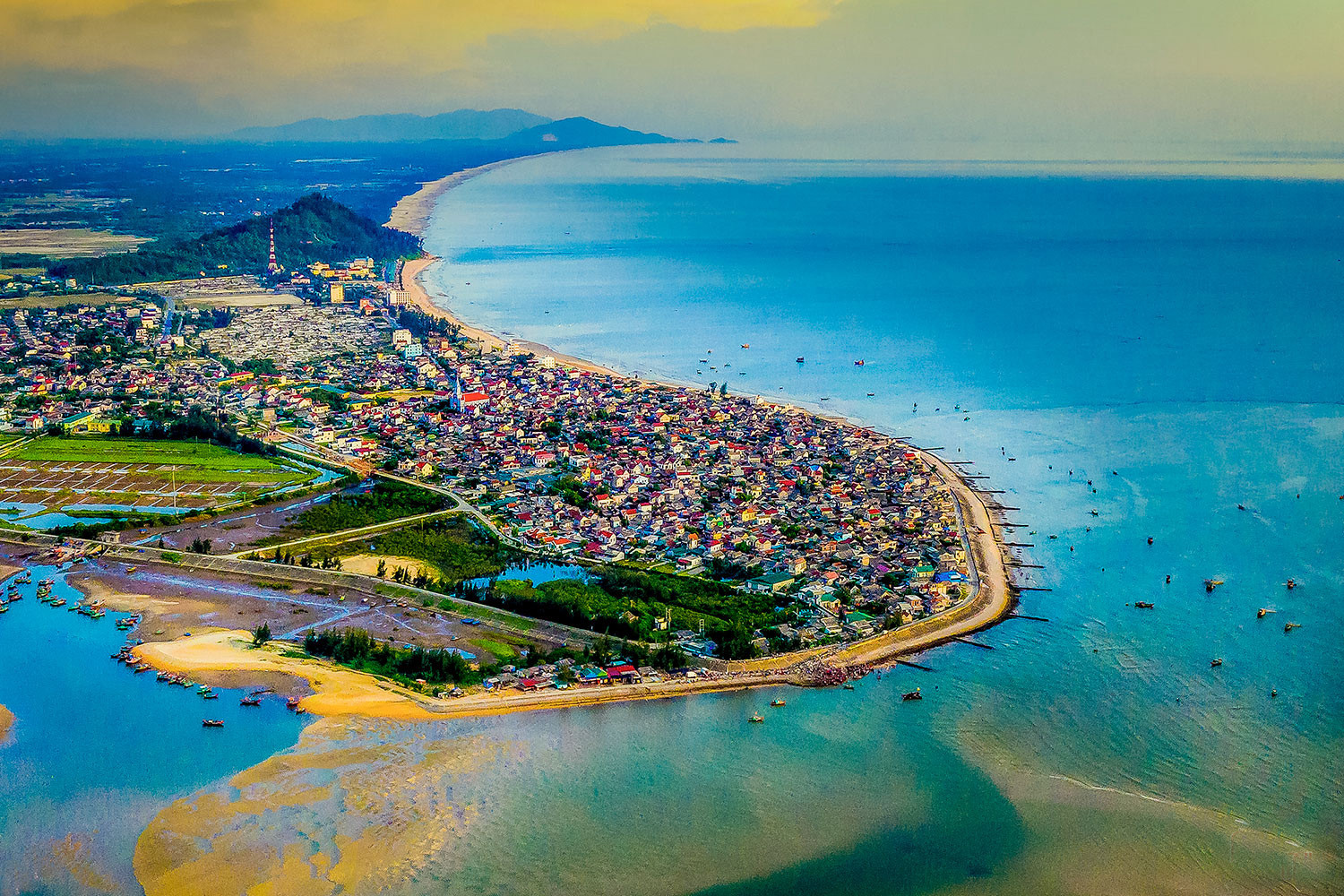
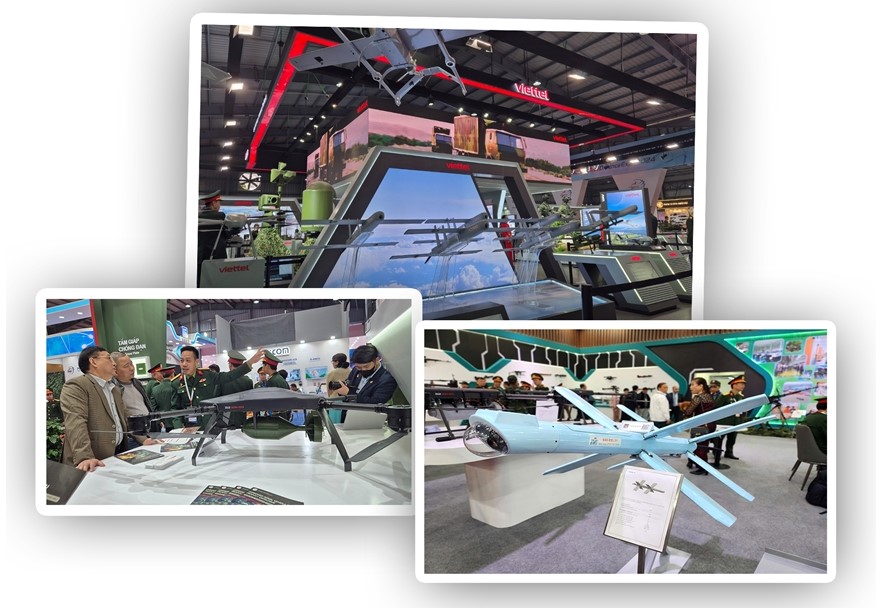

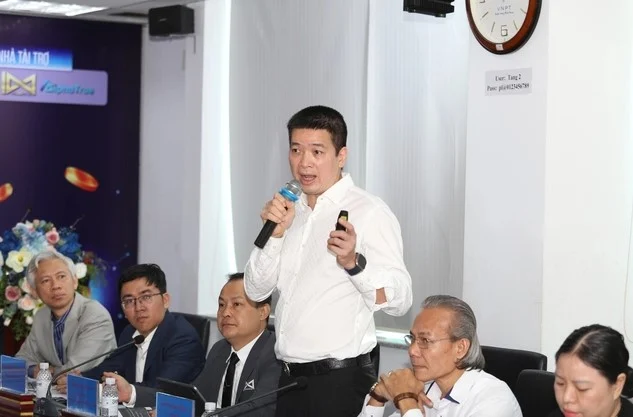

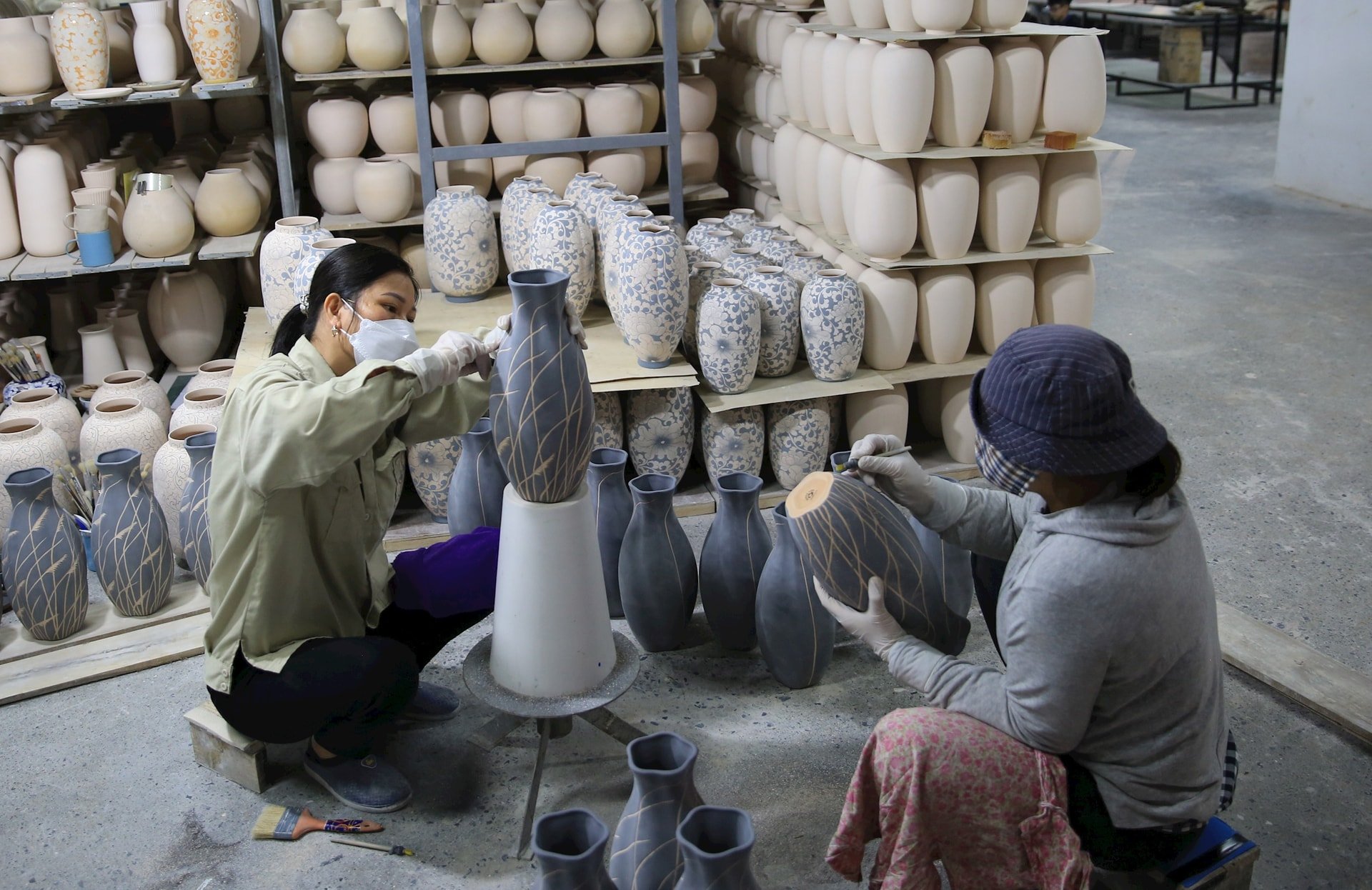

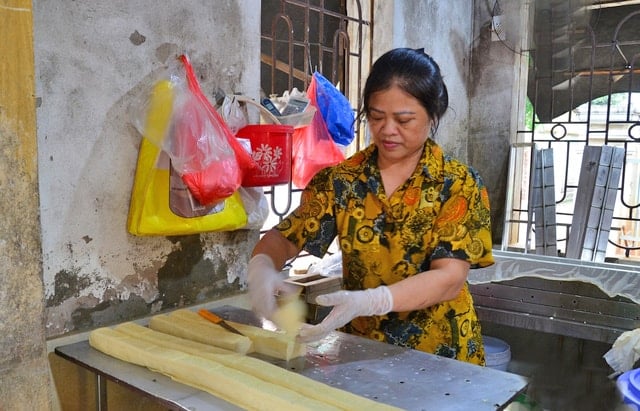
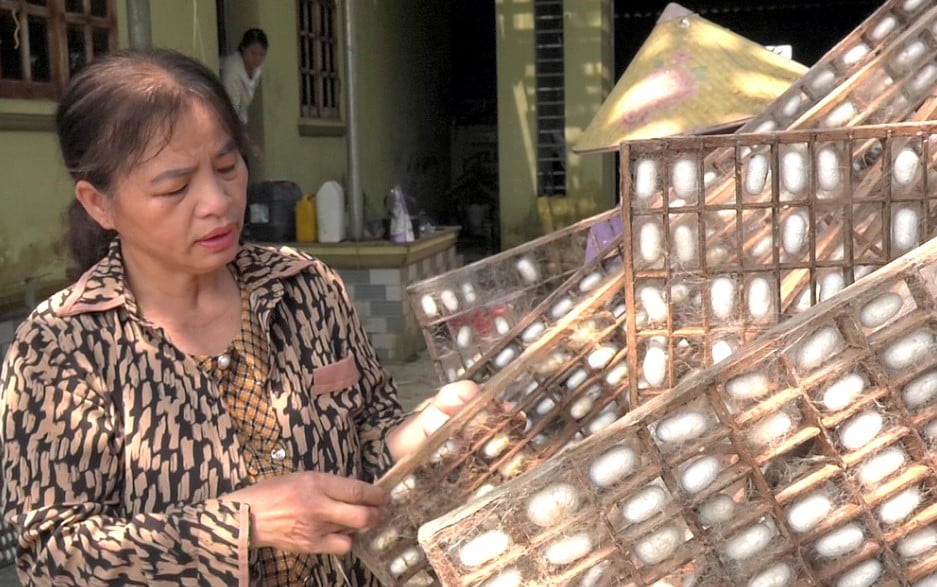
Comment (0)